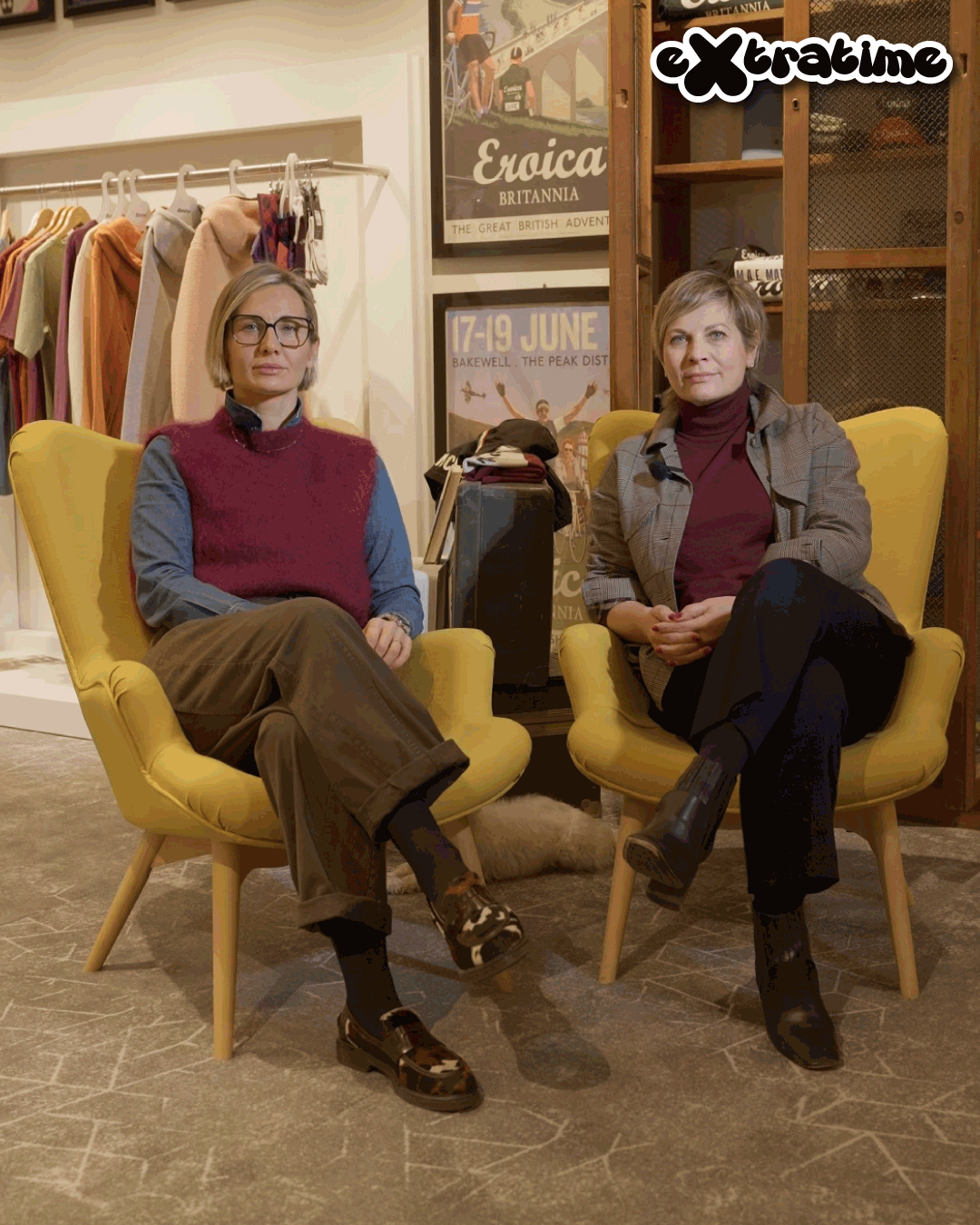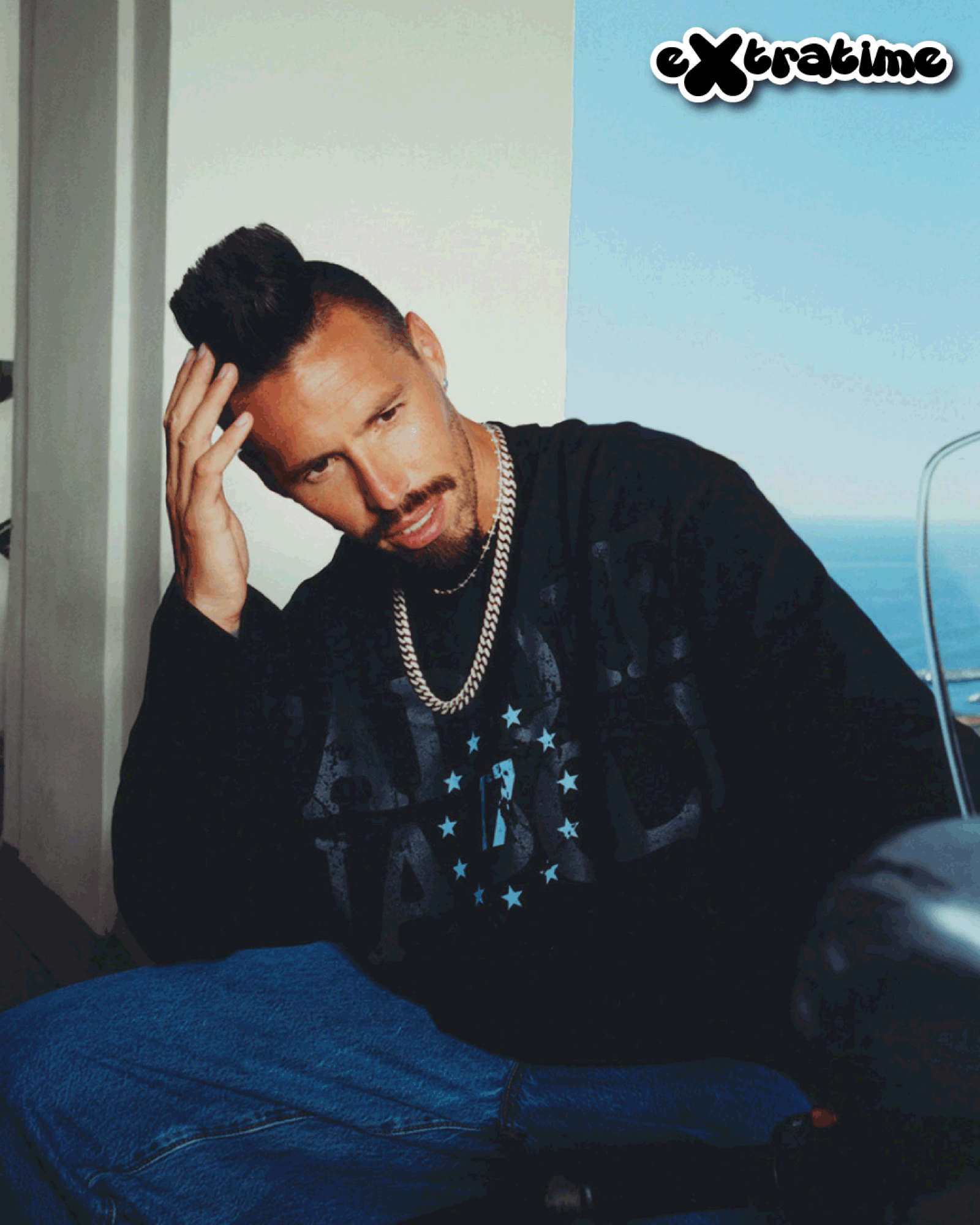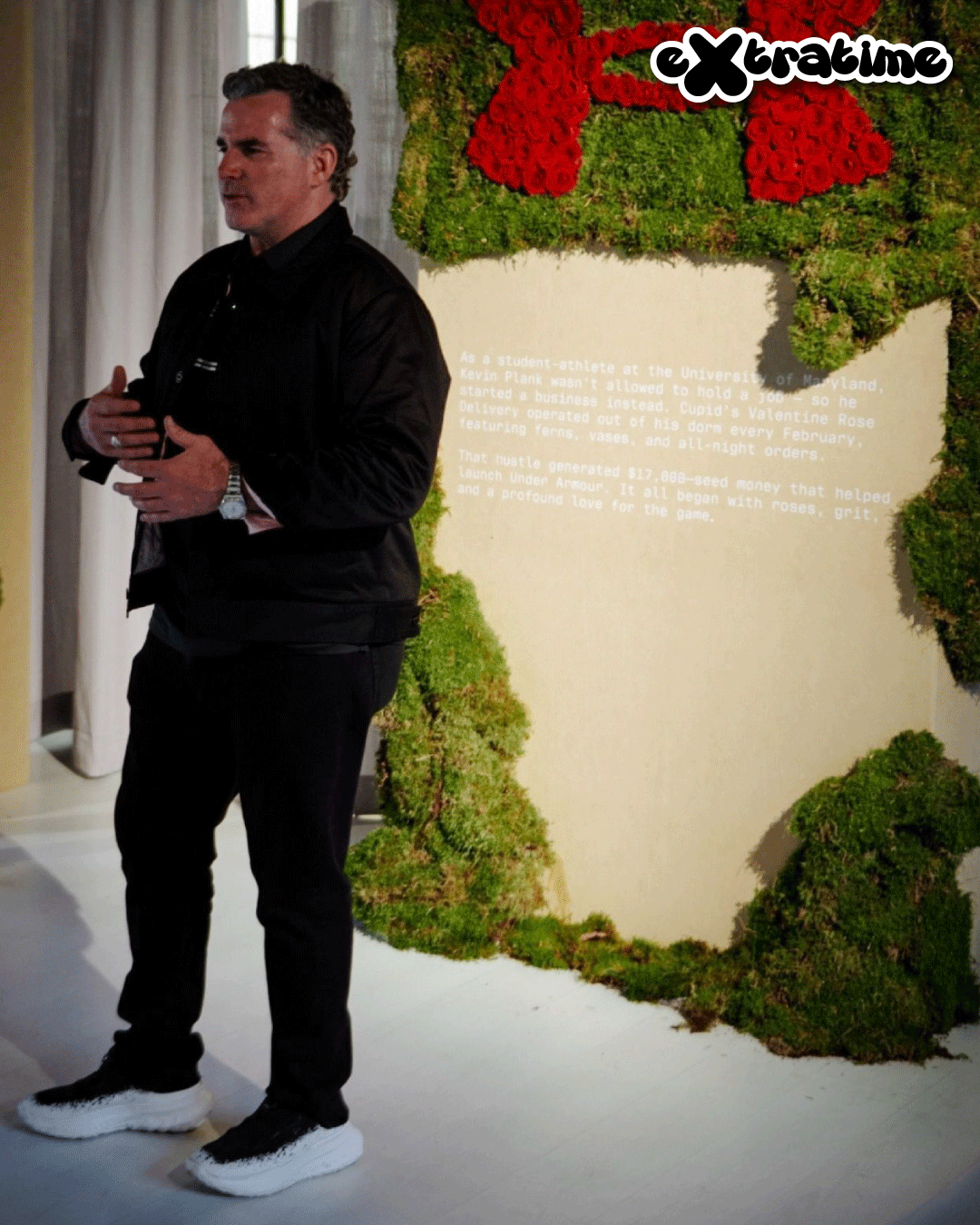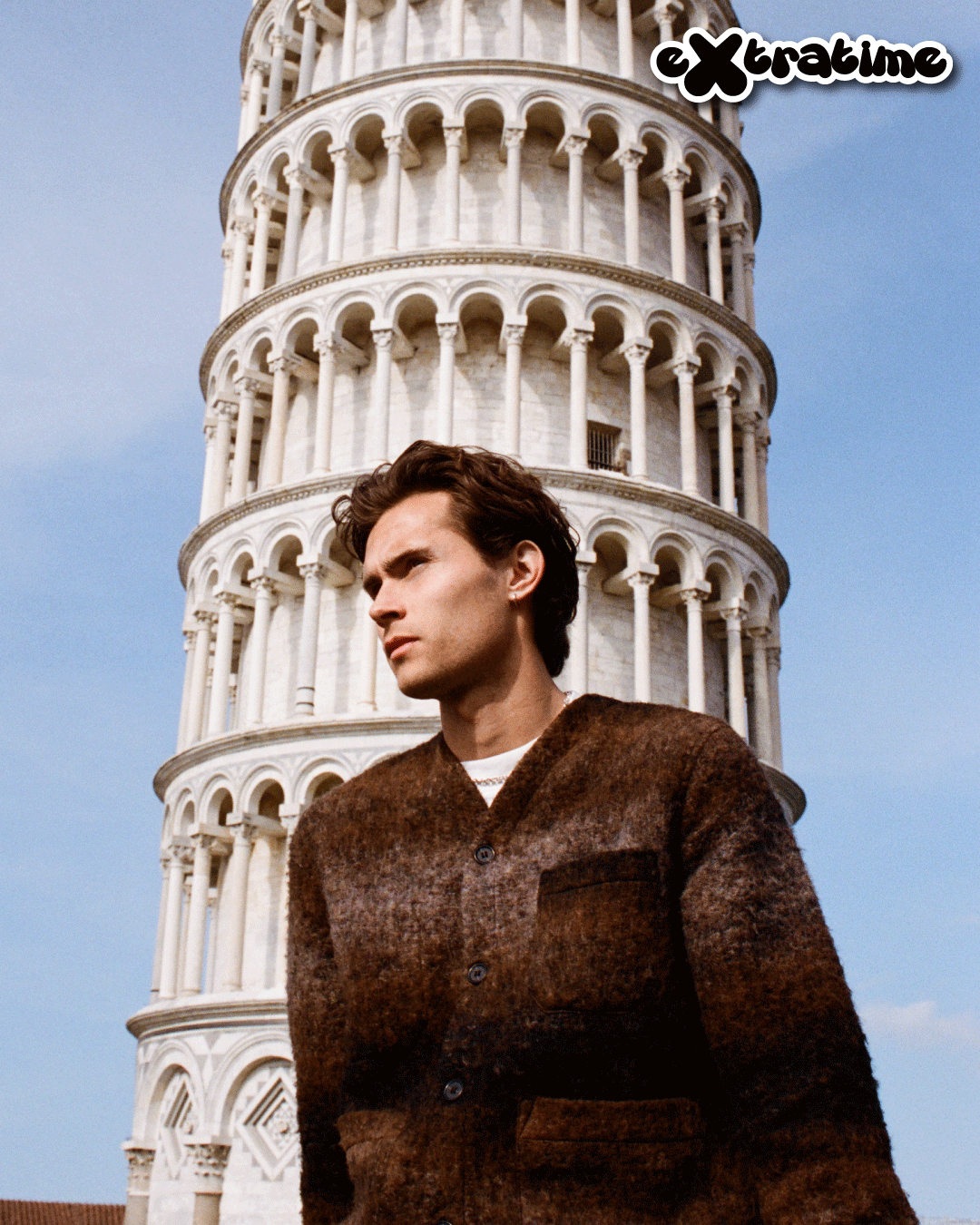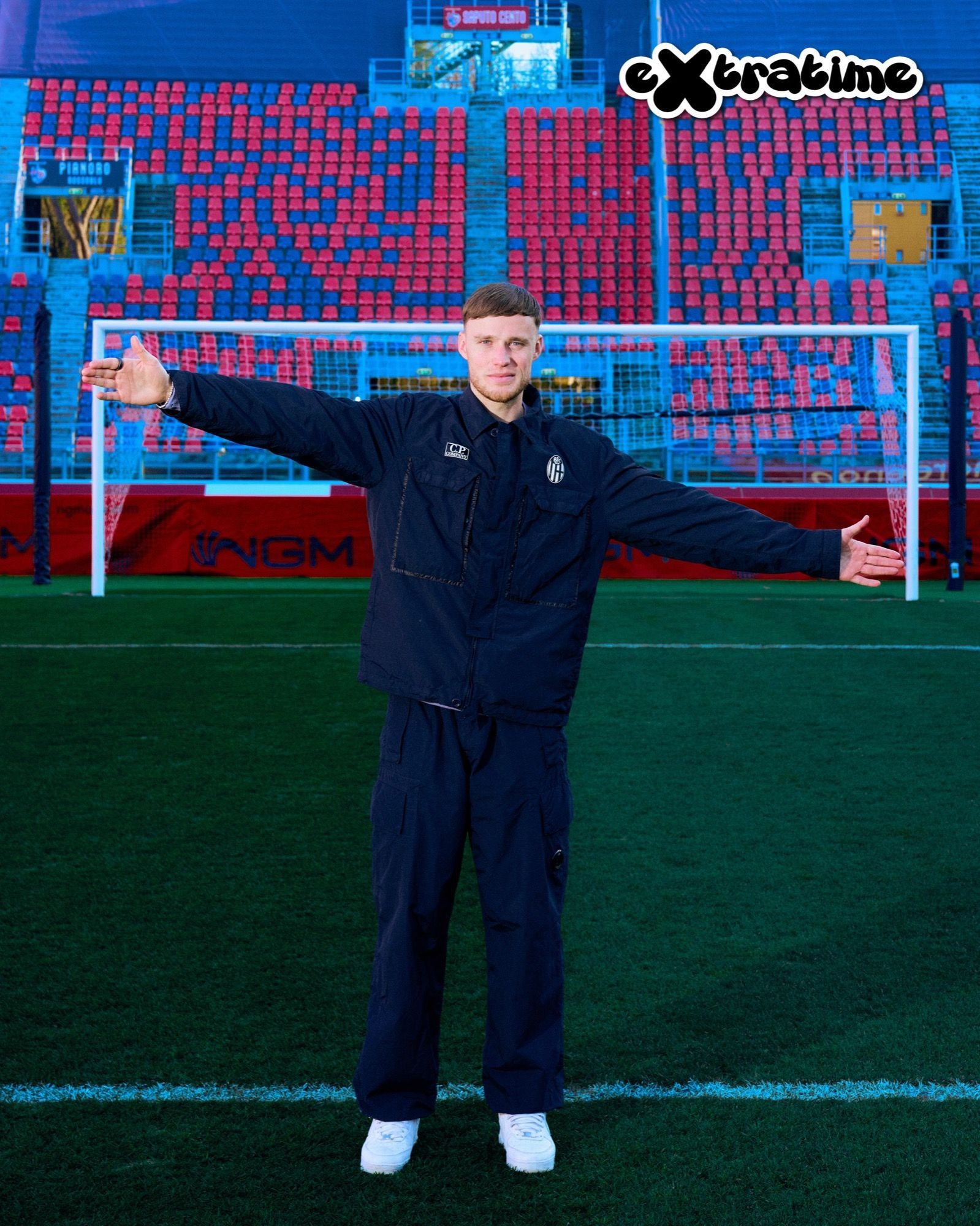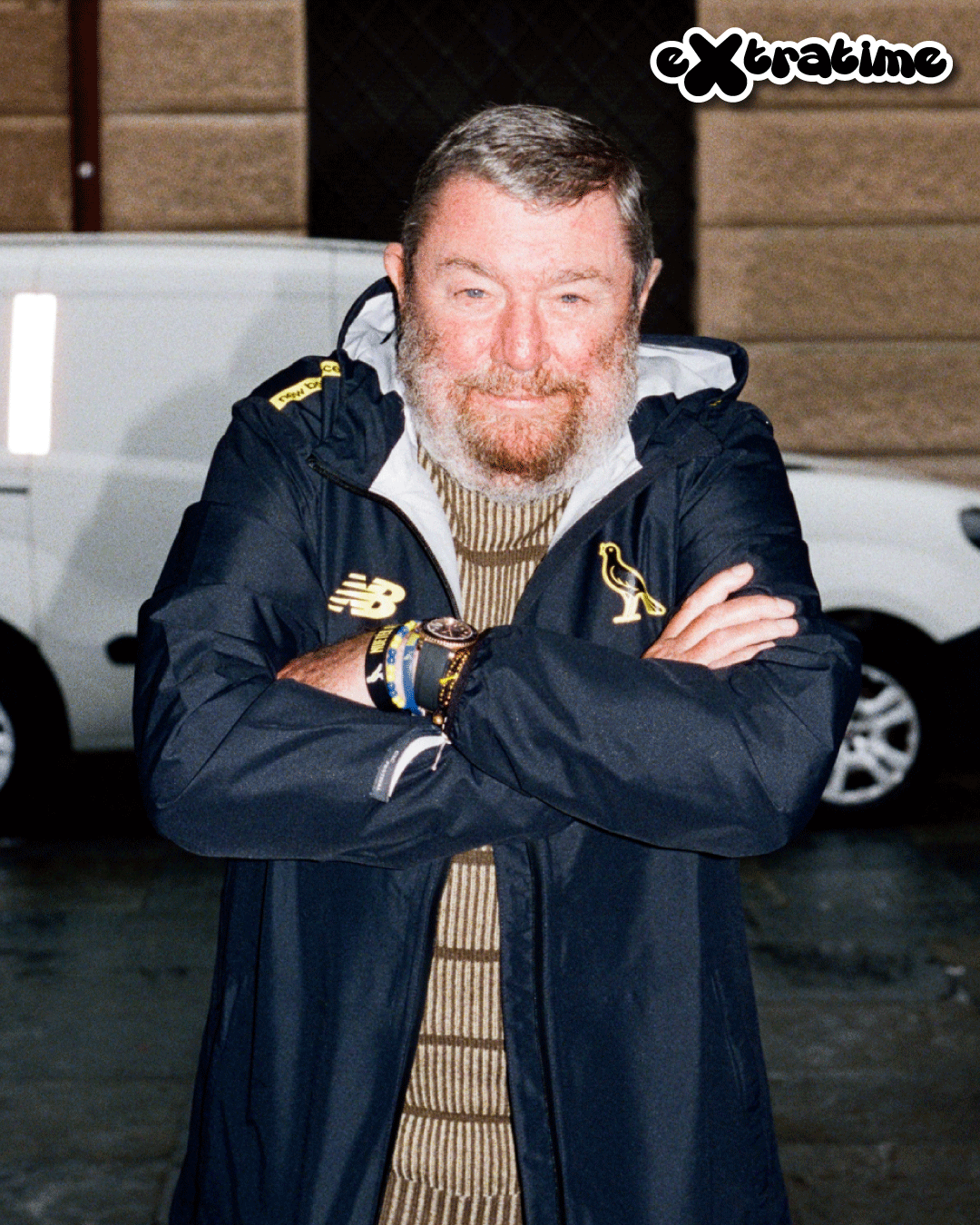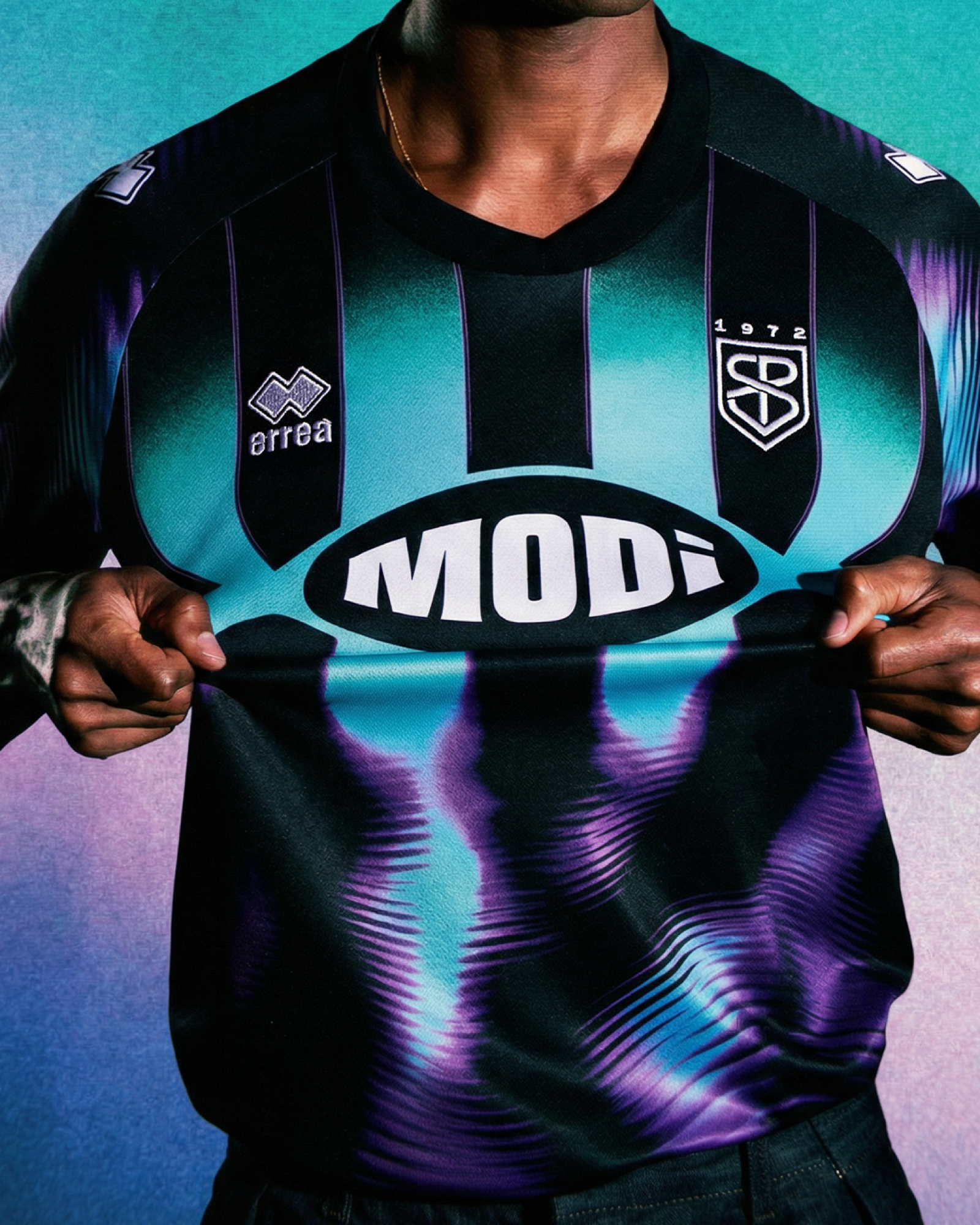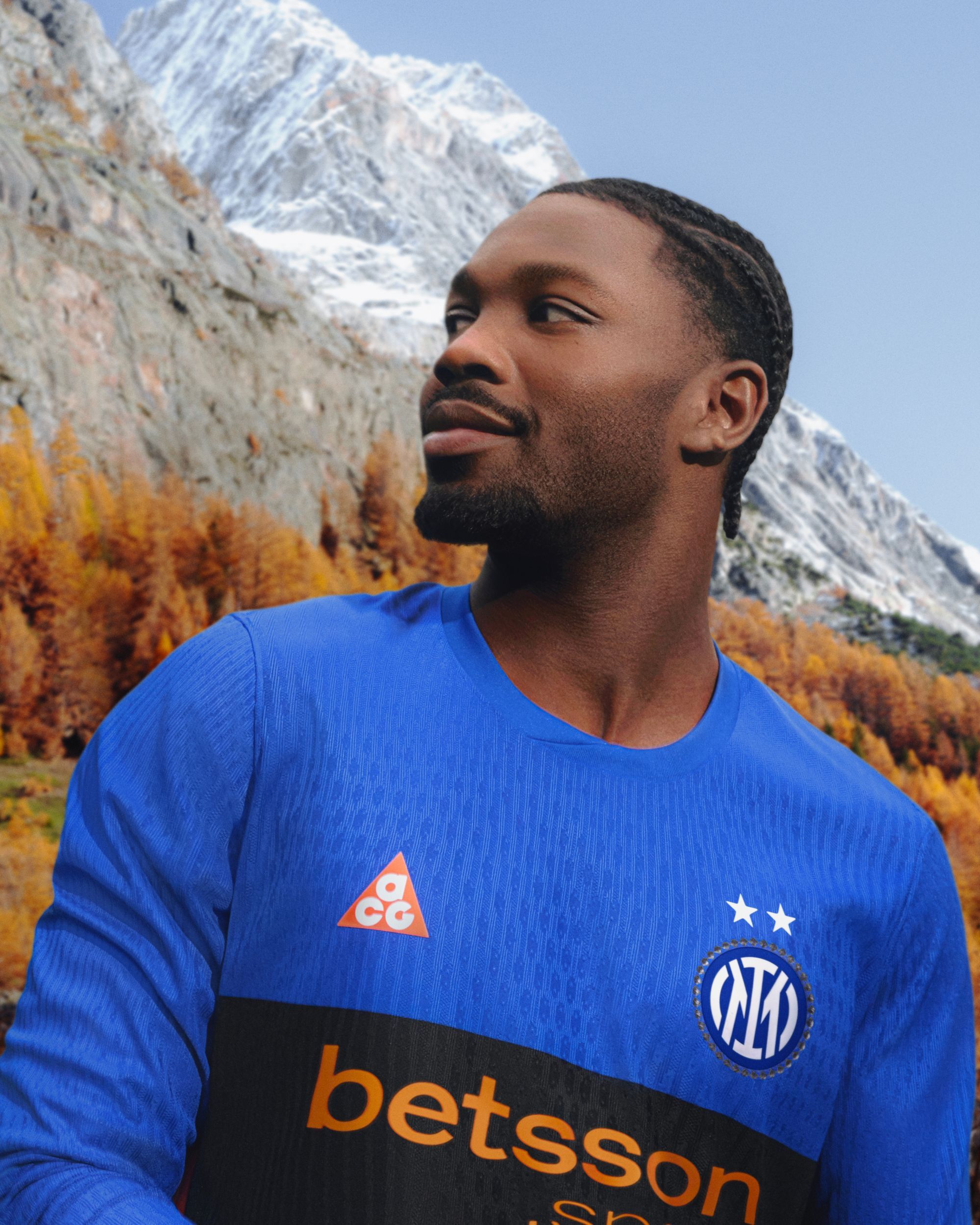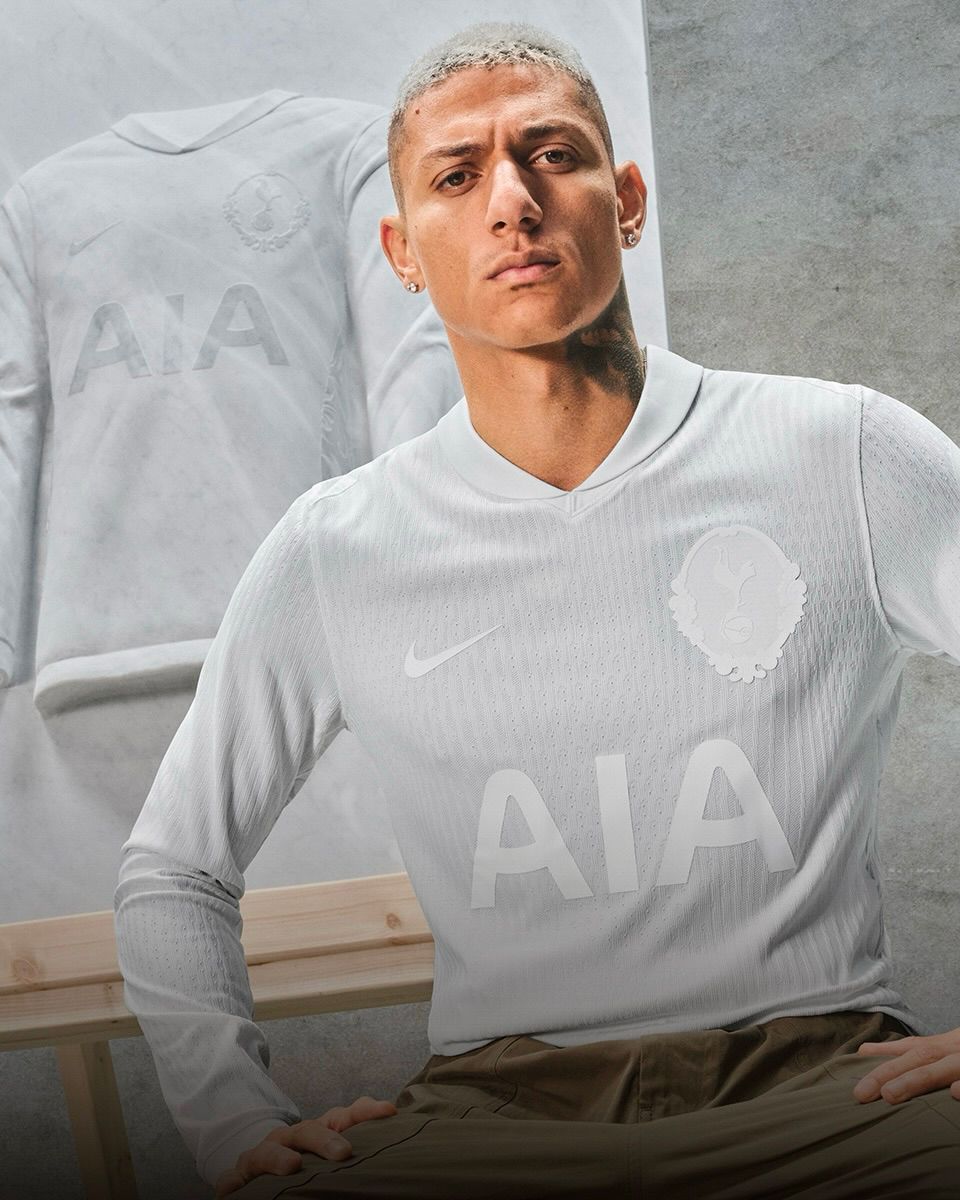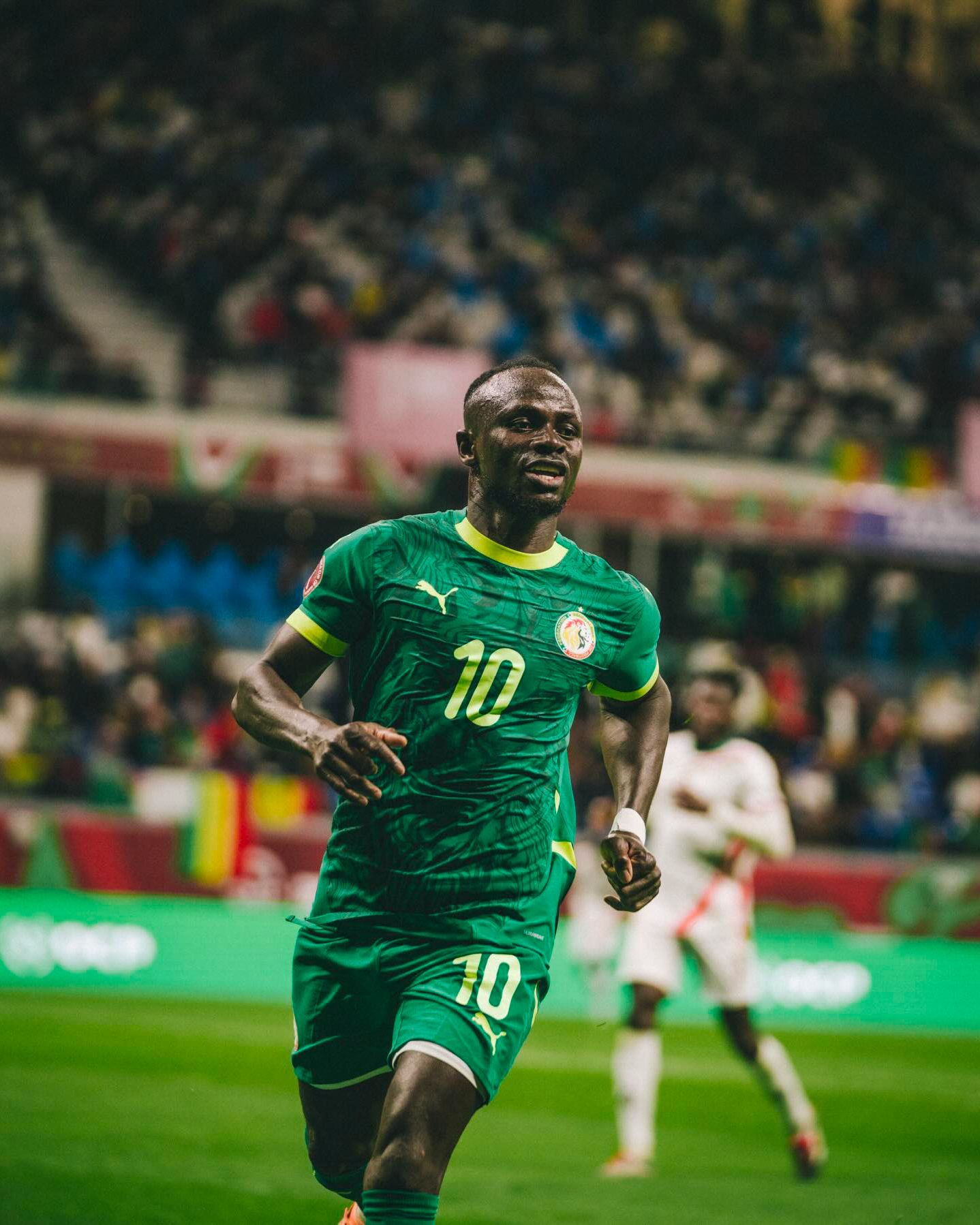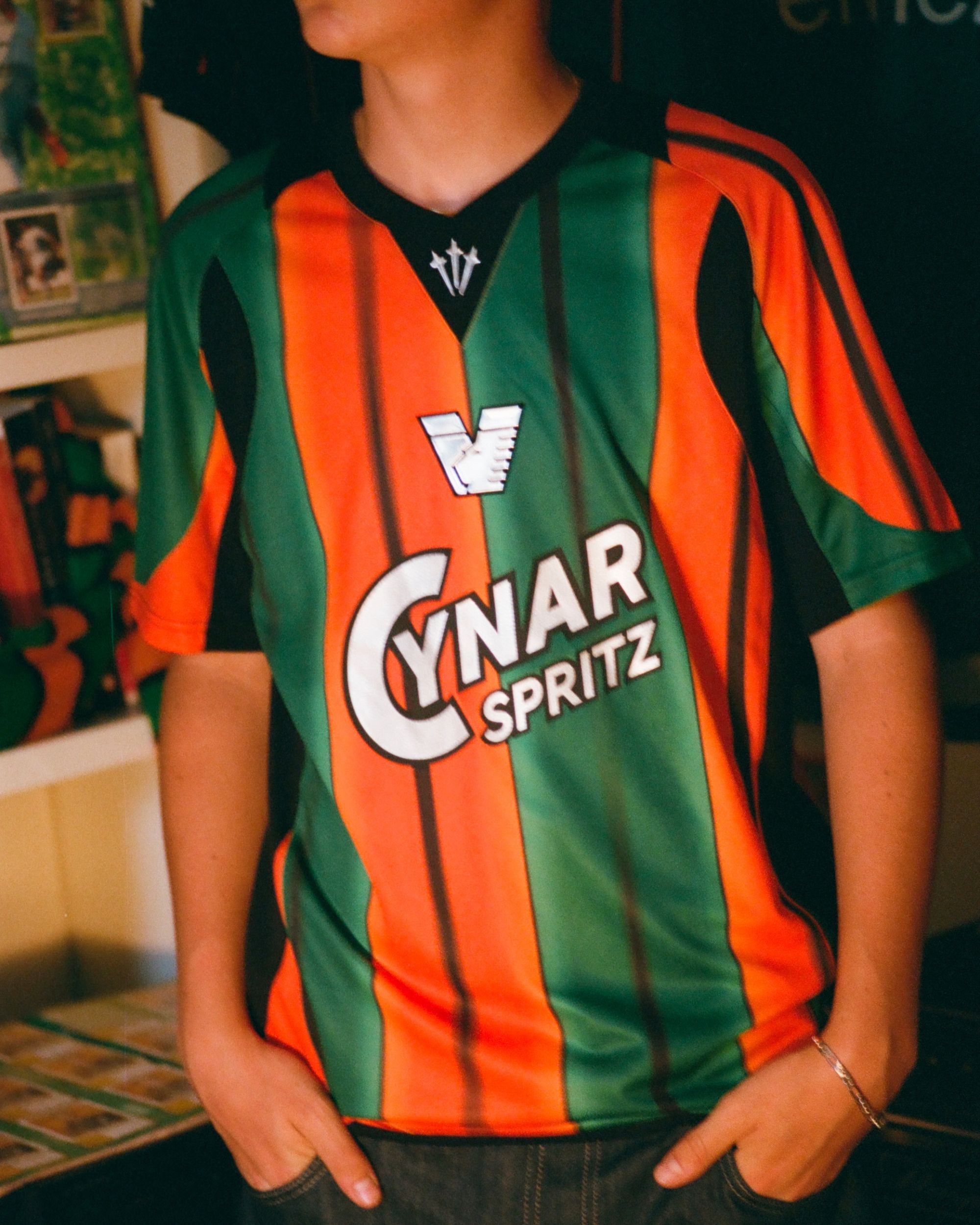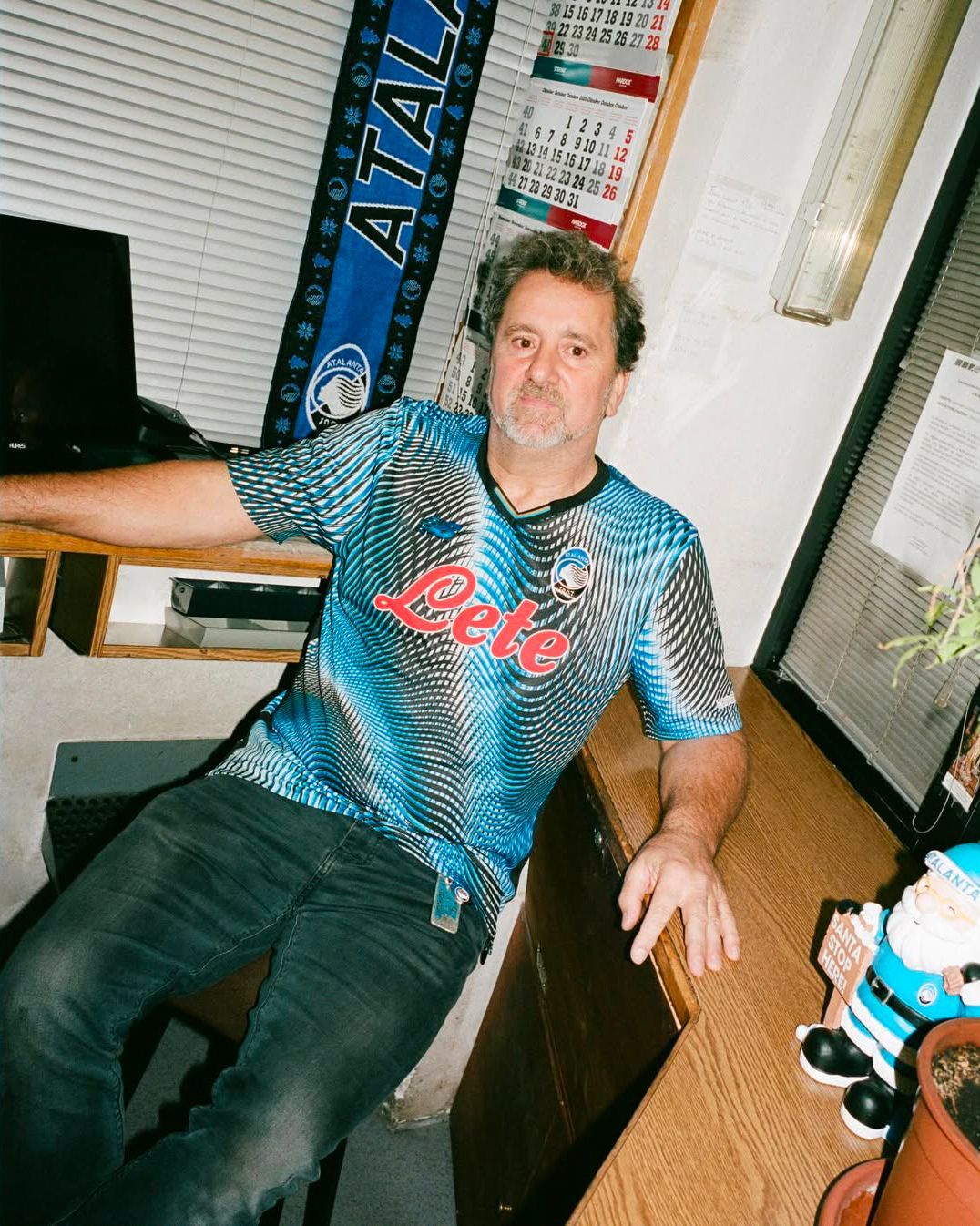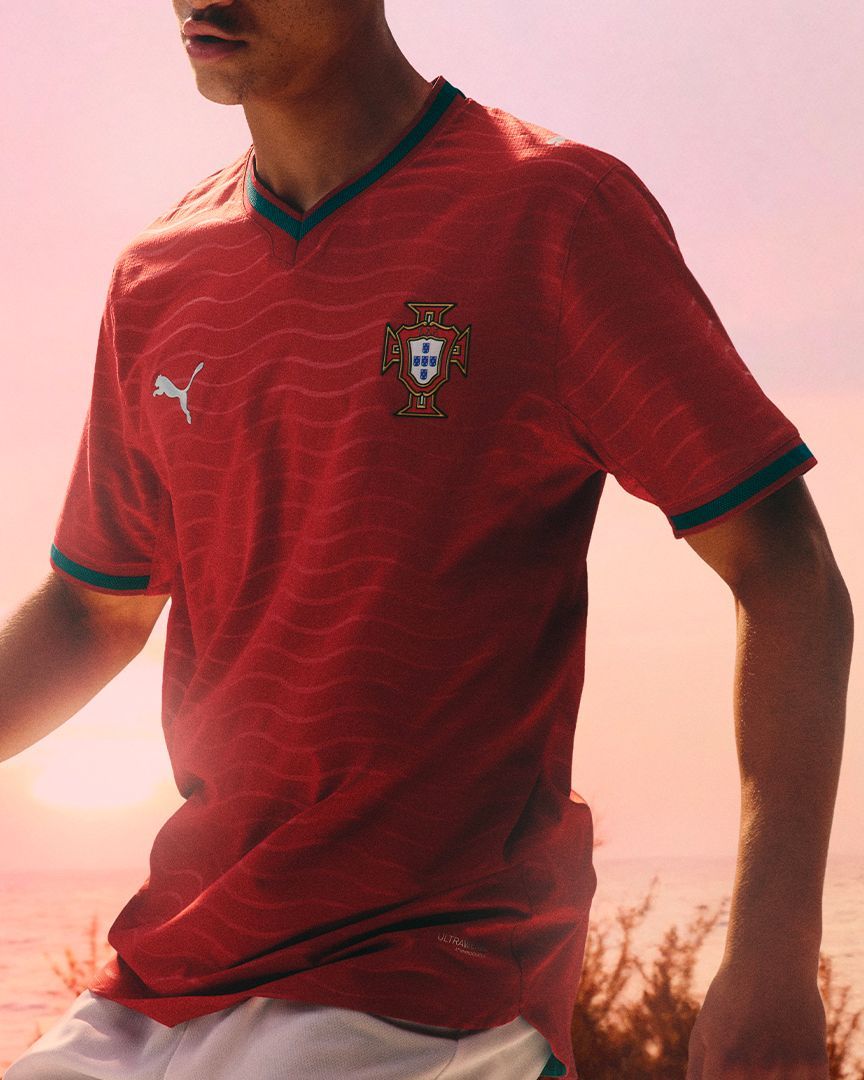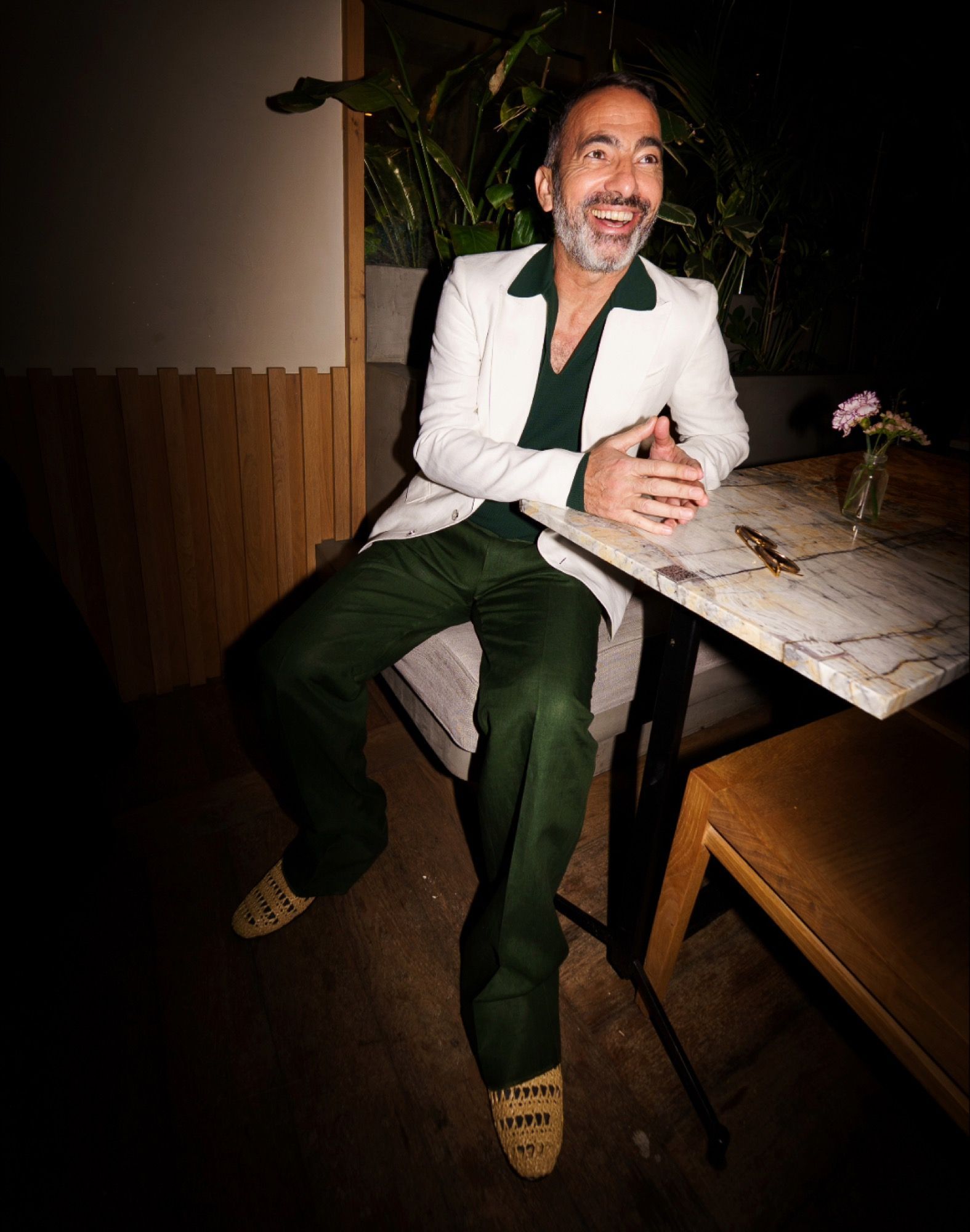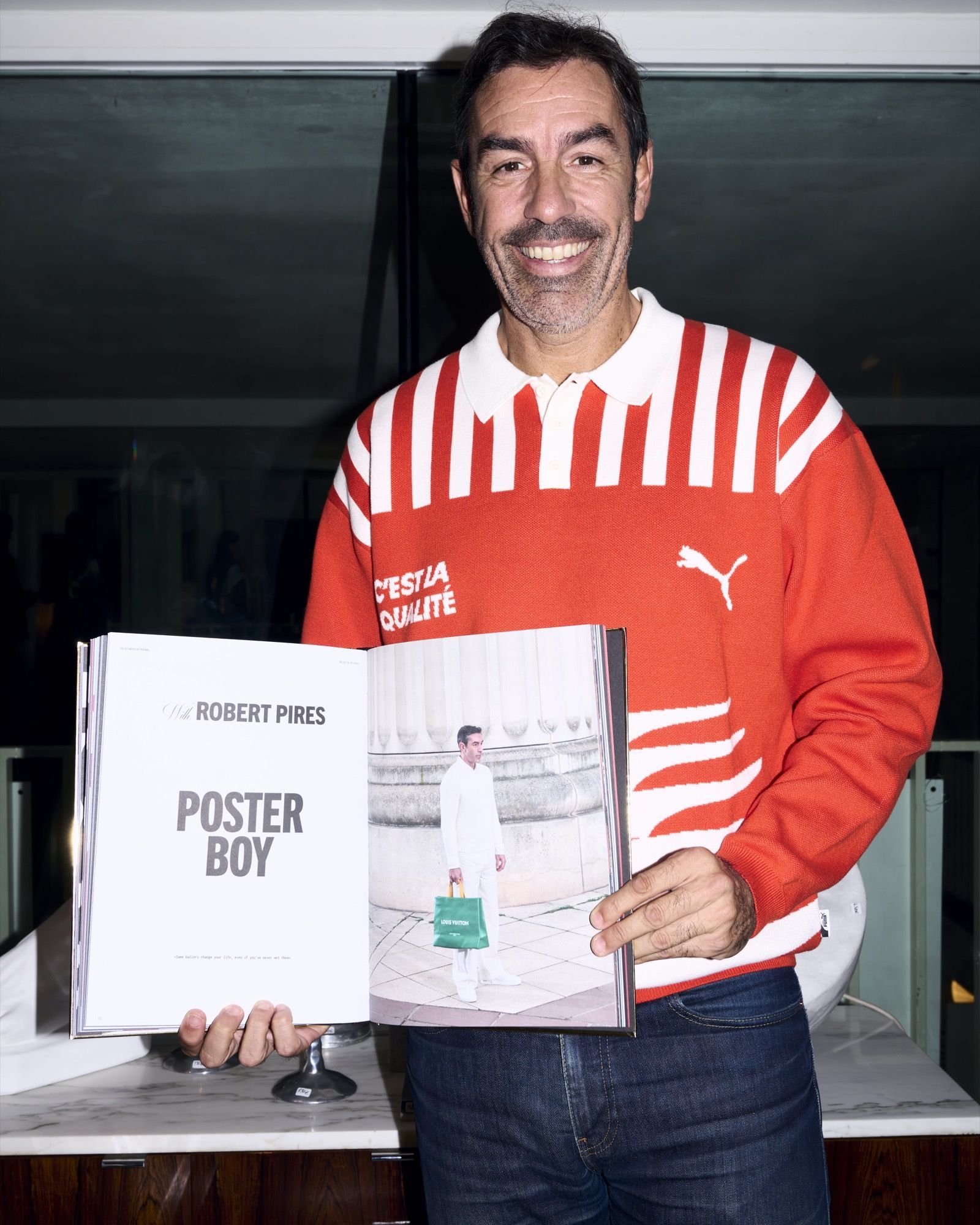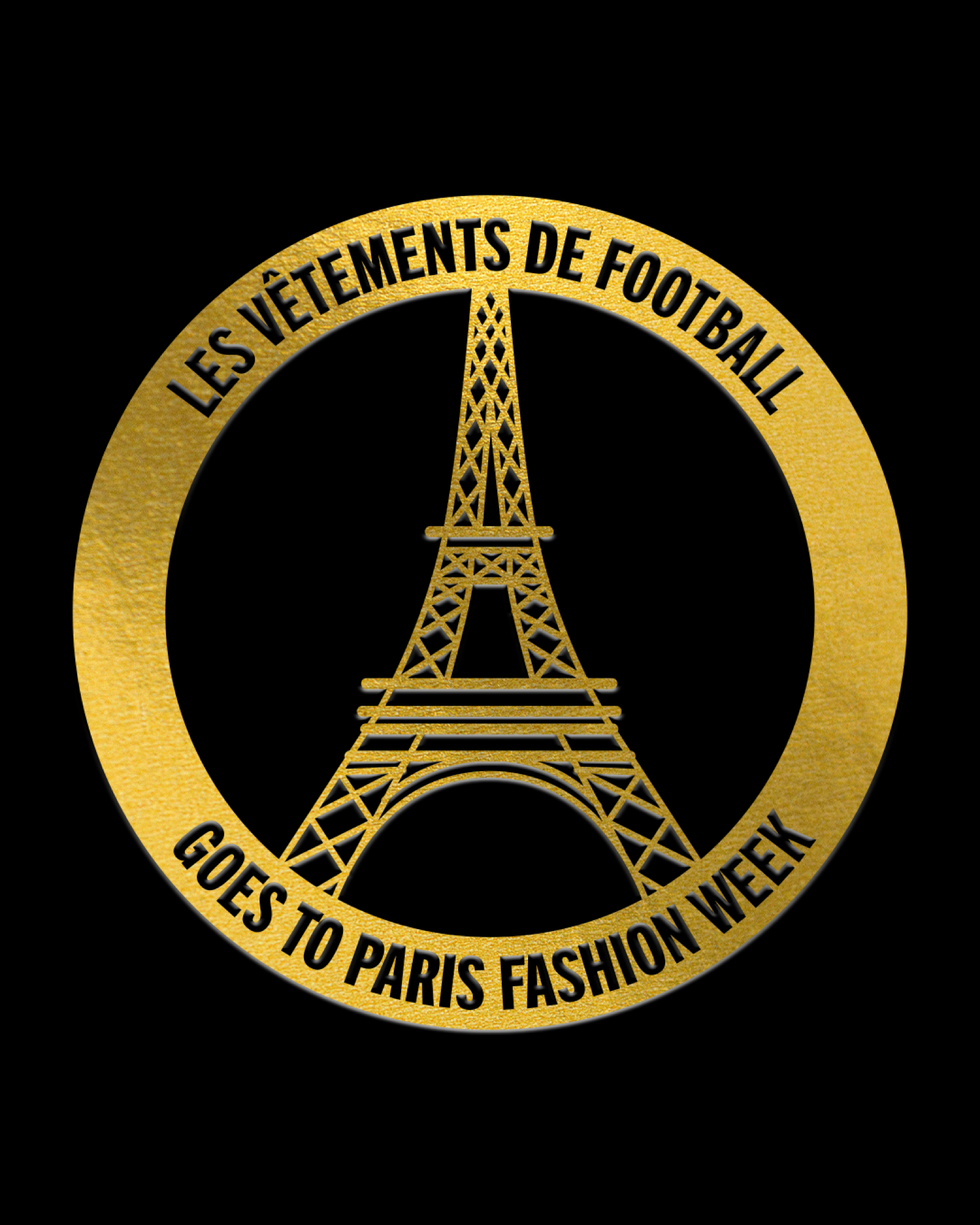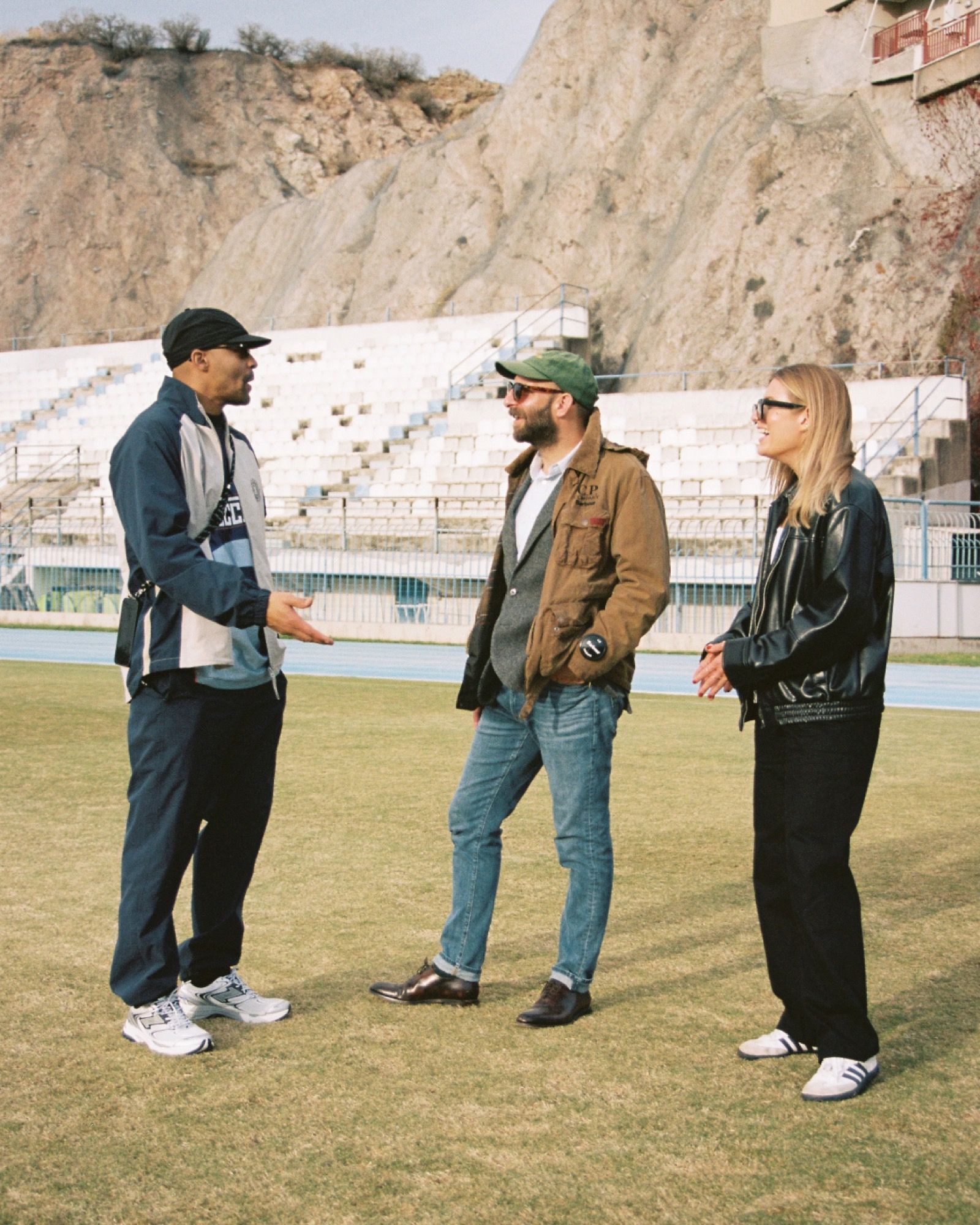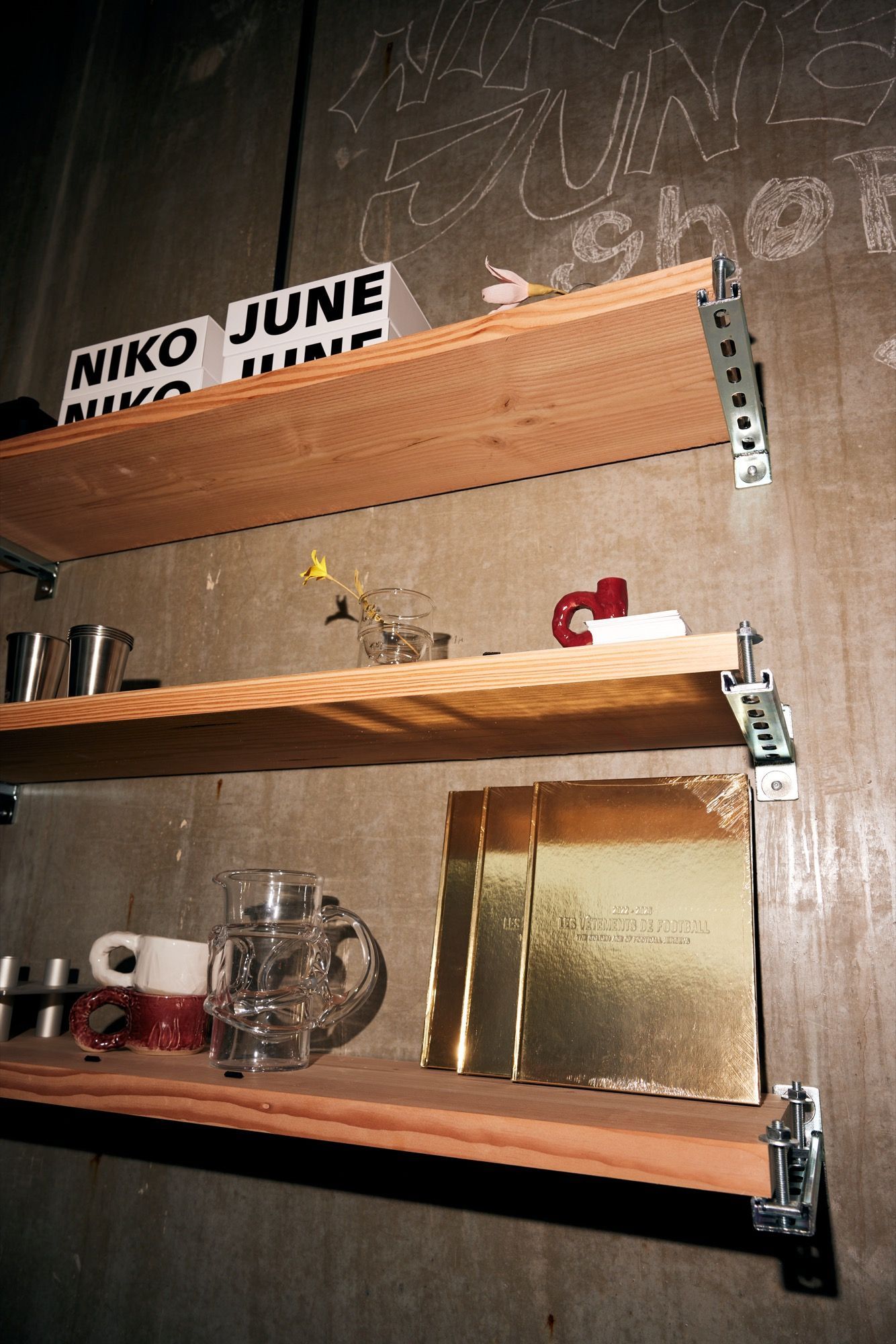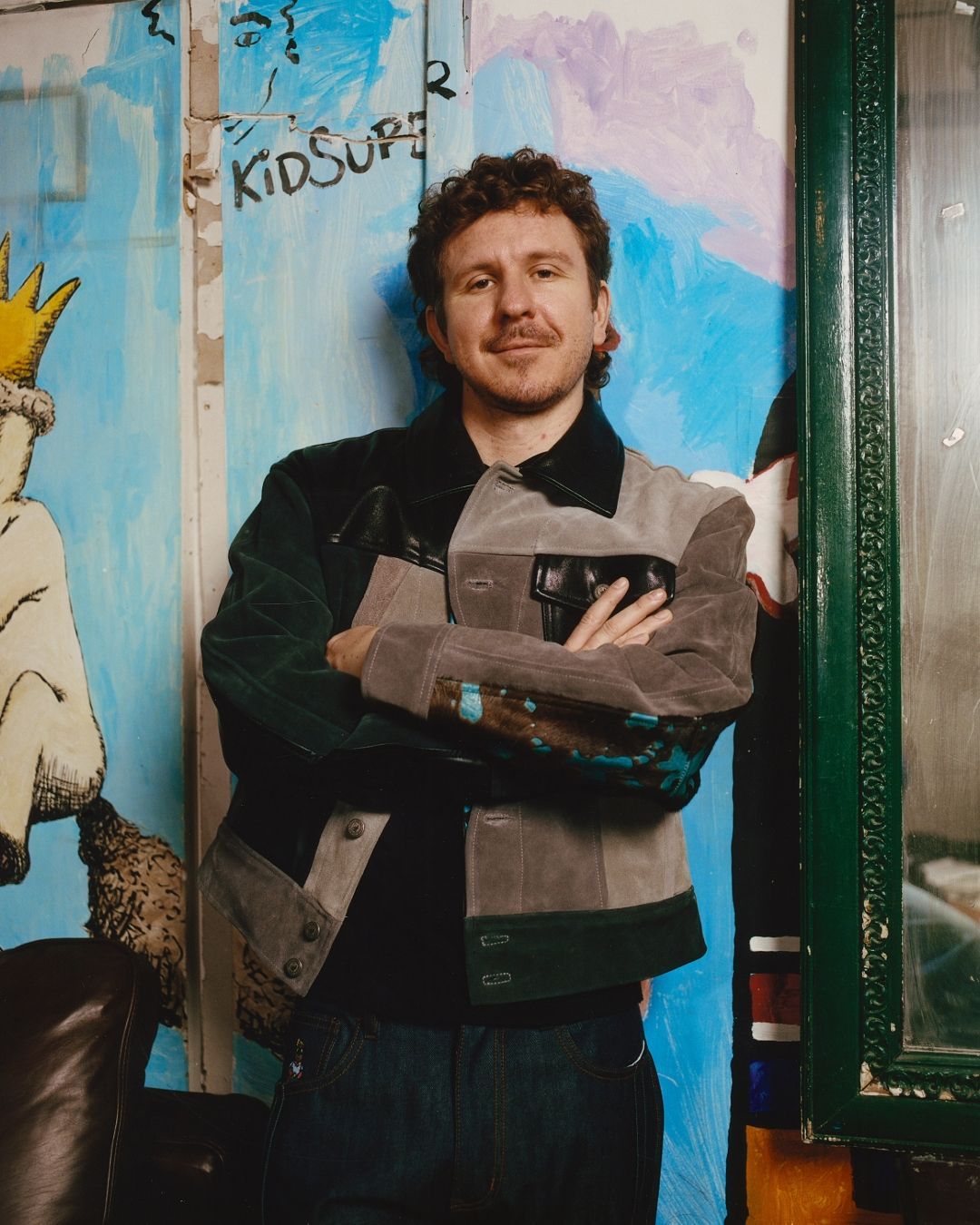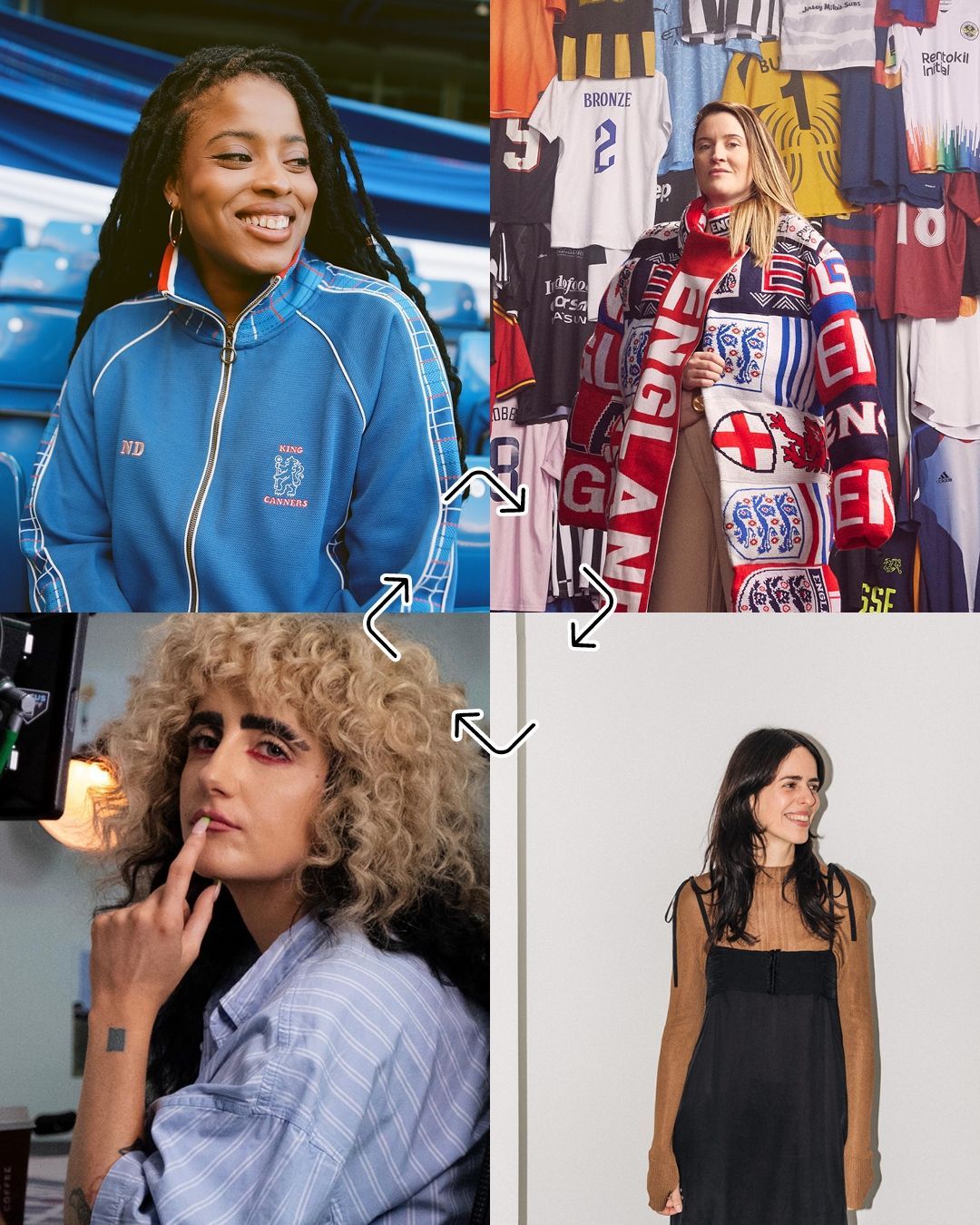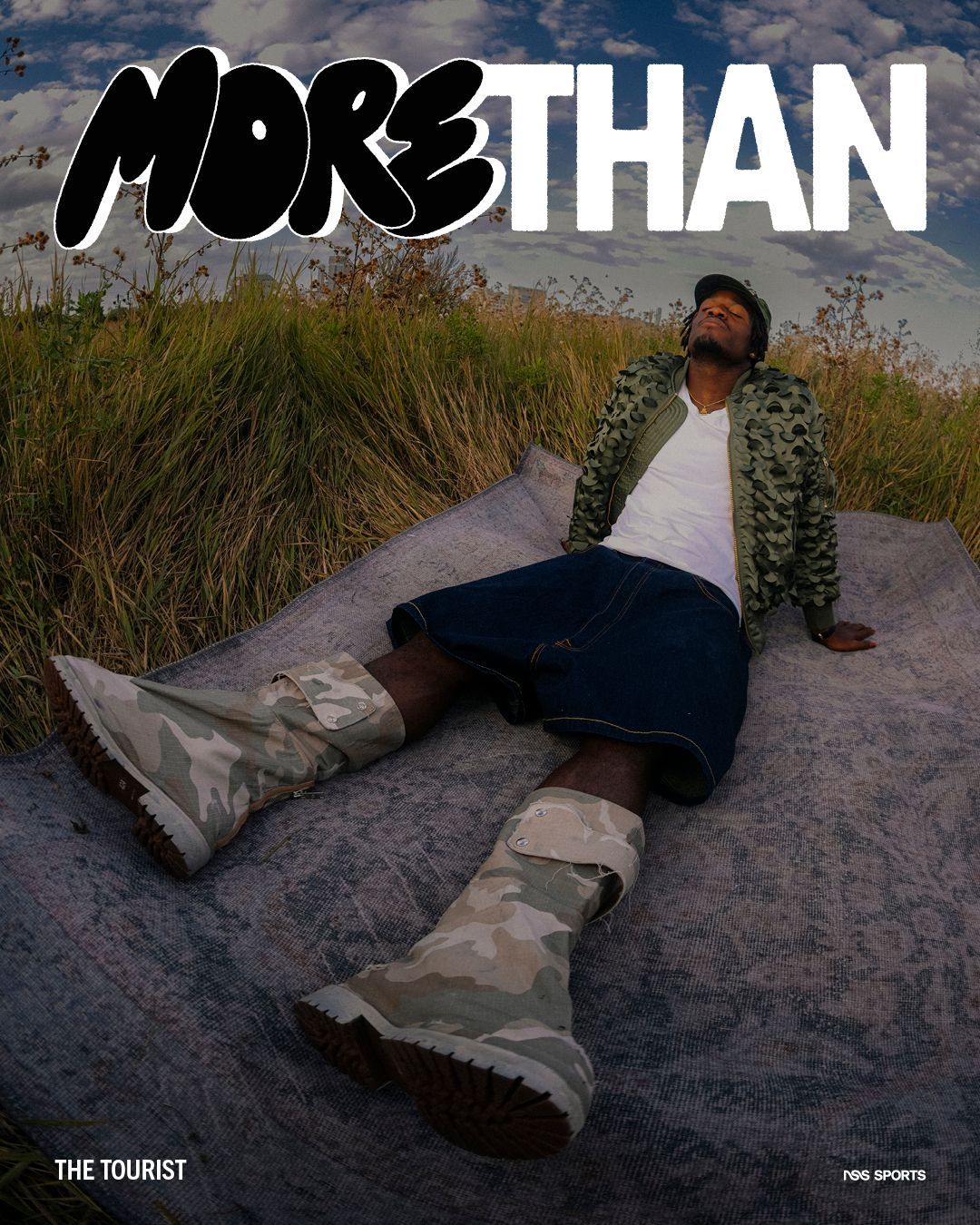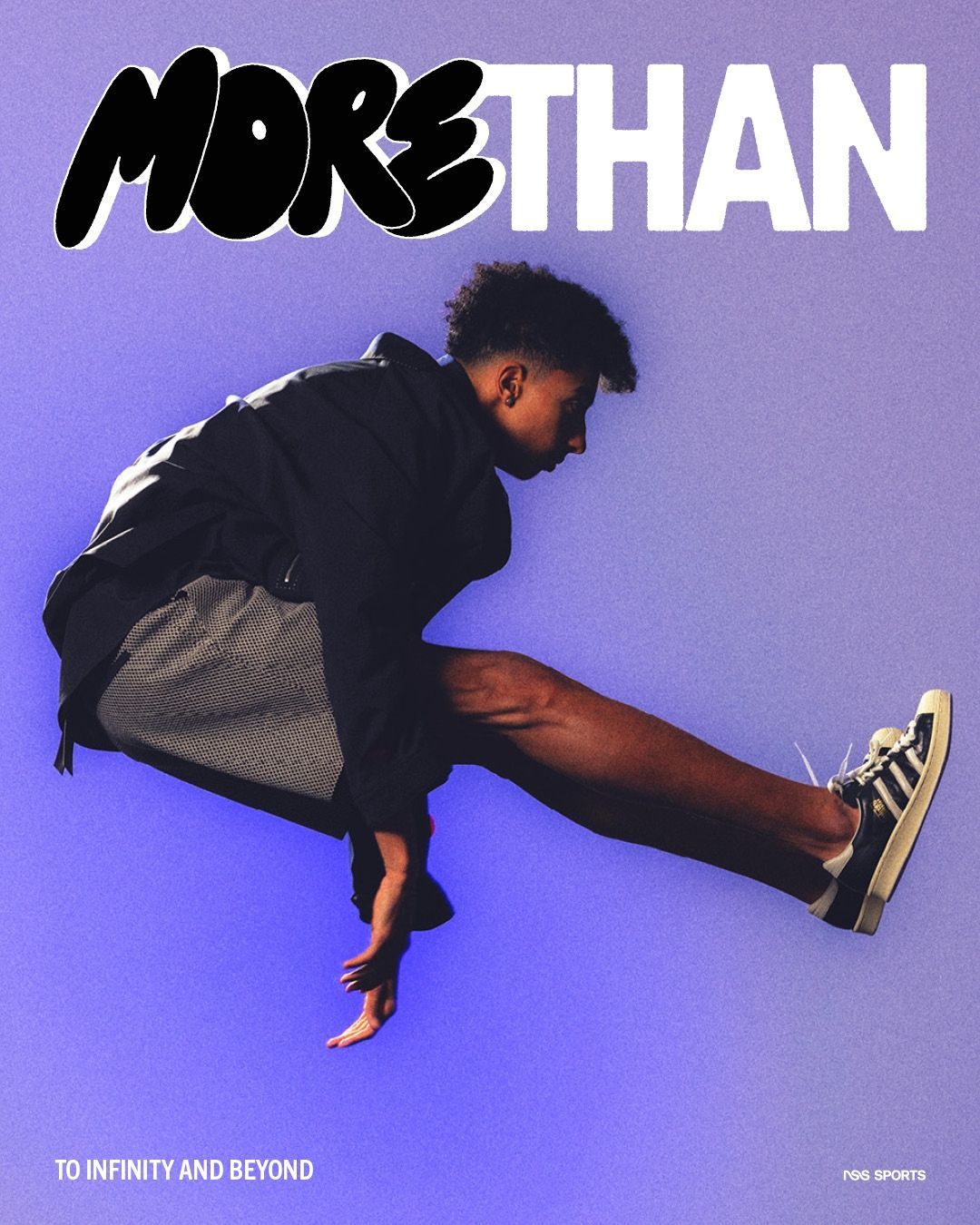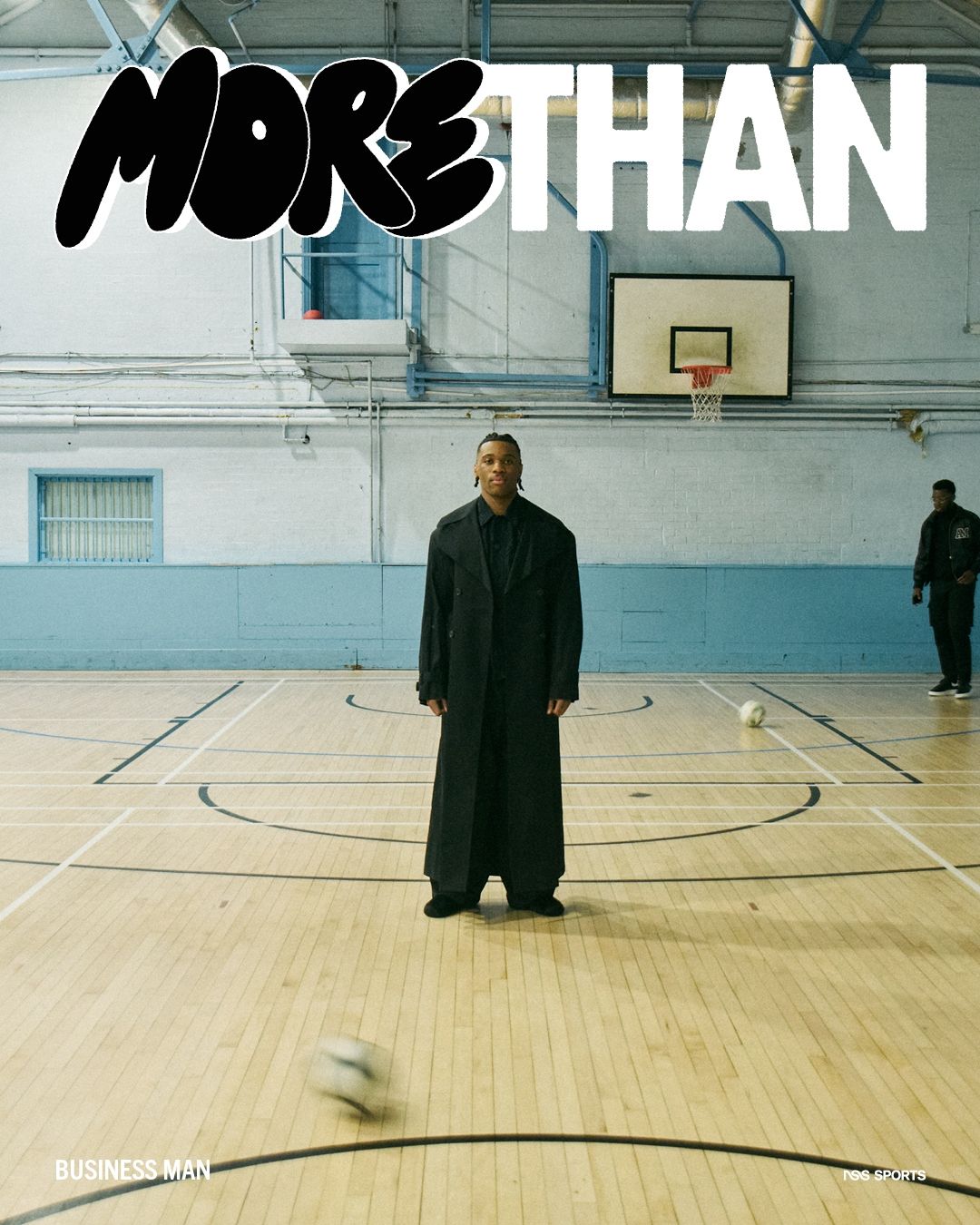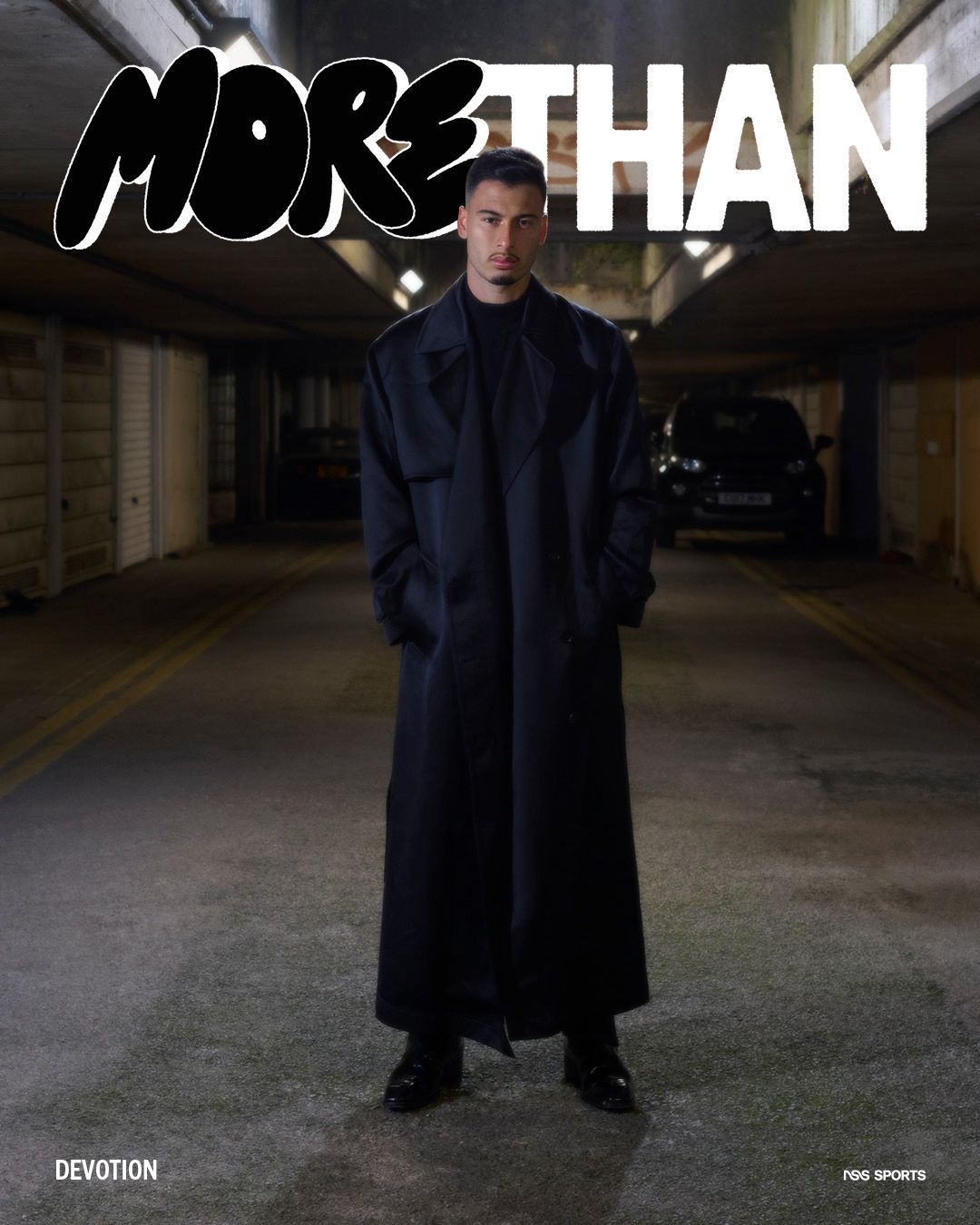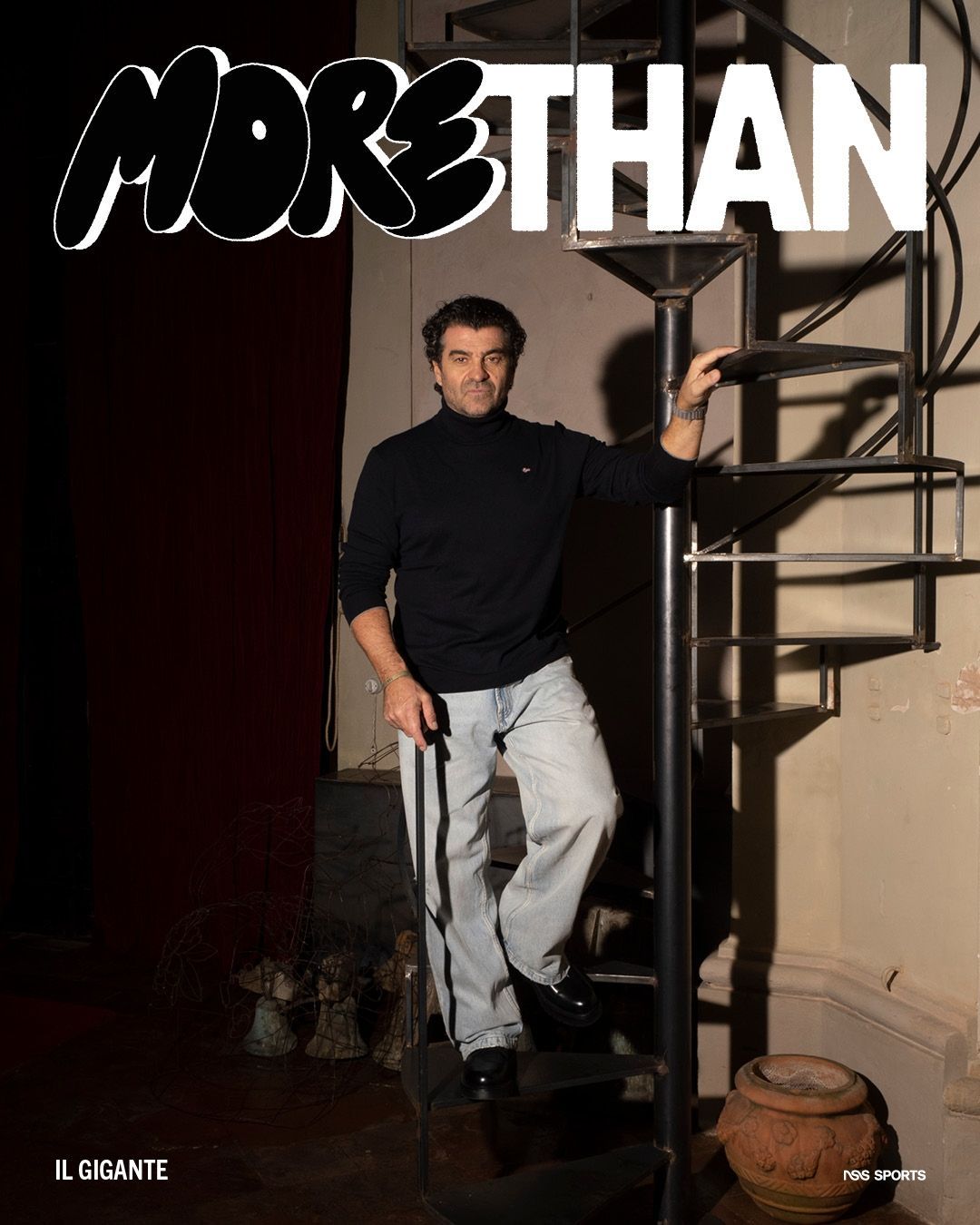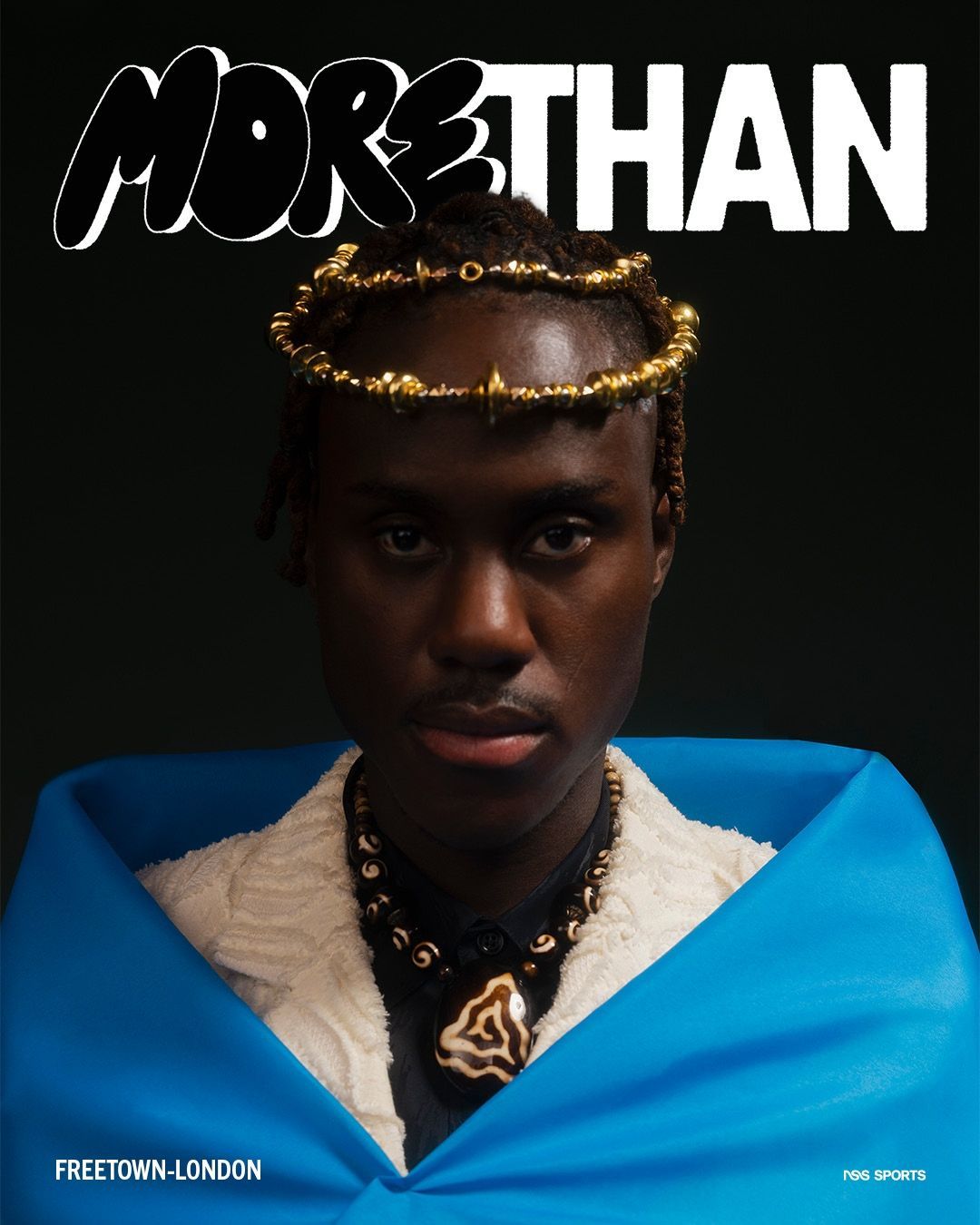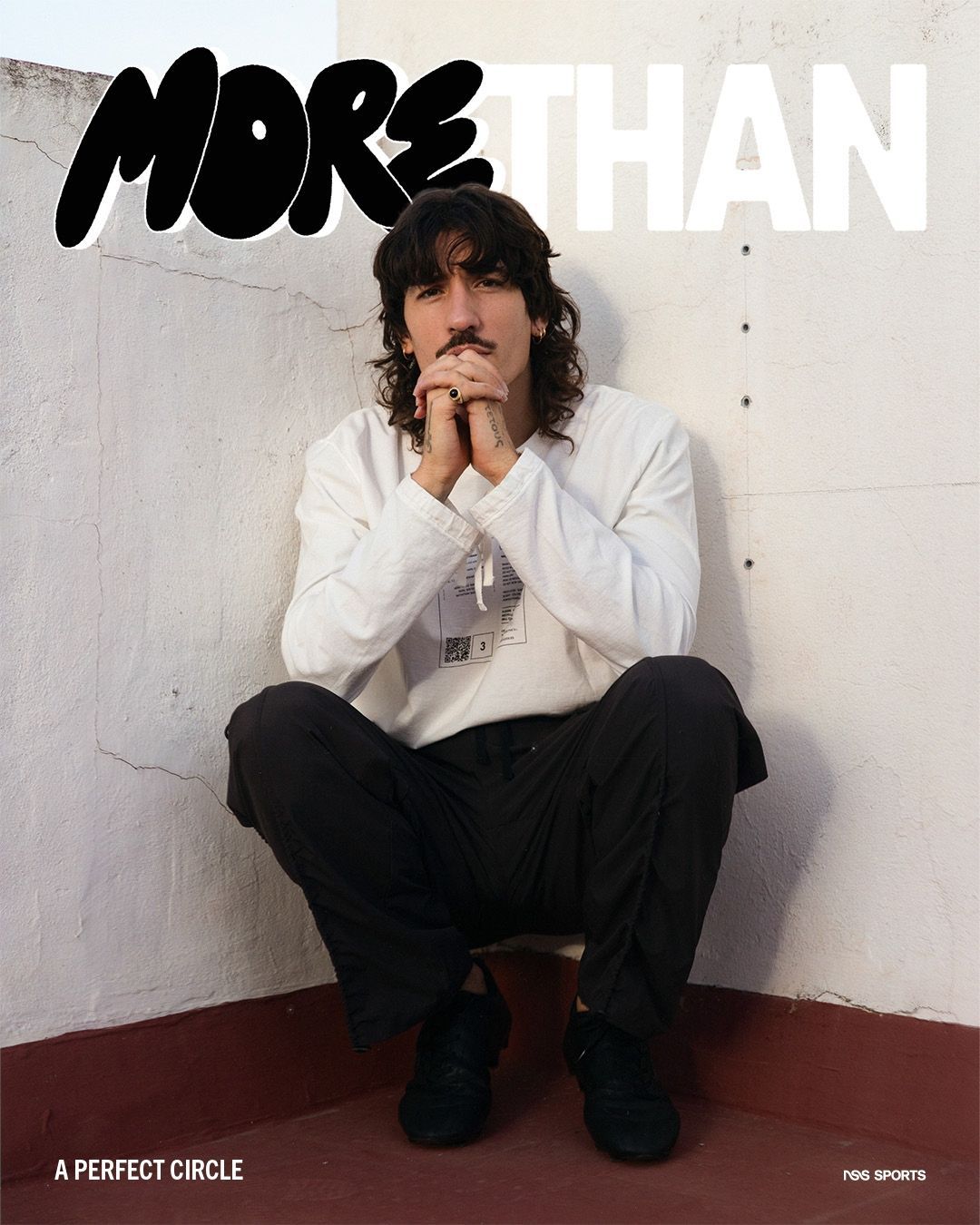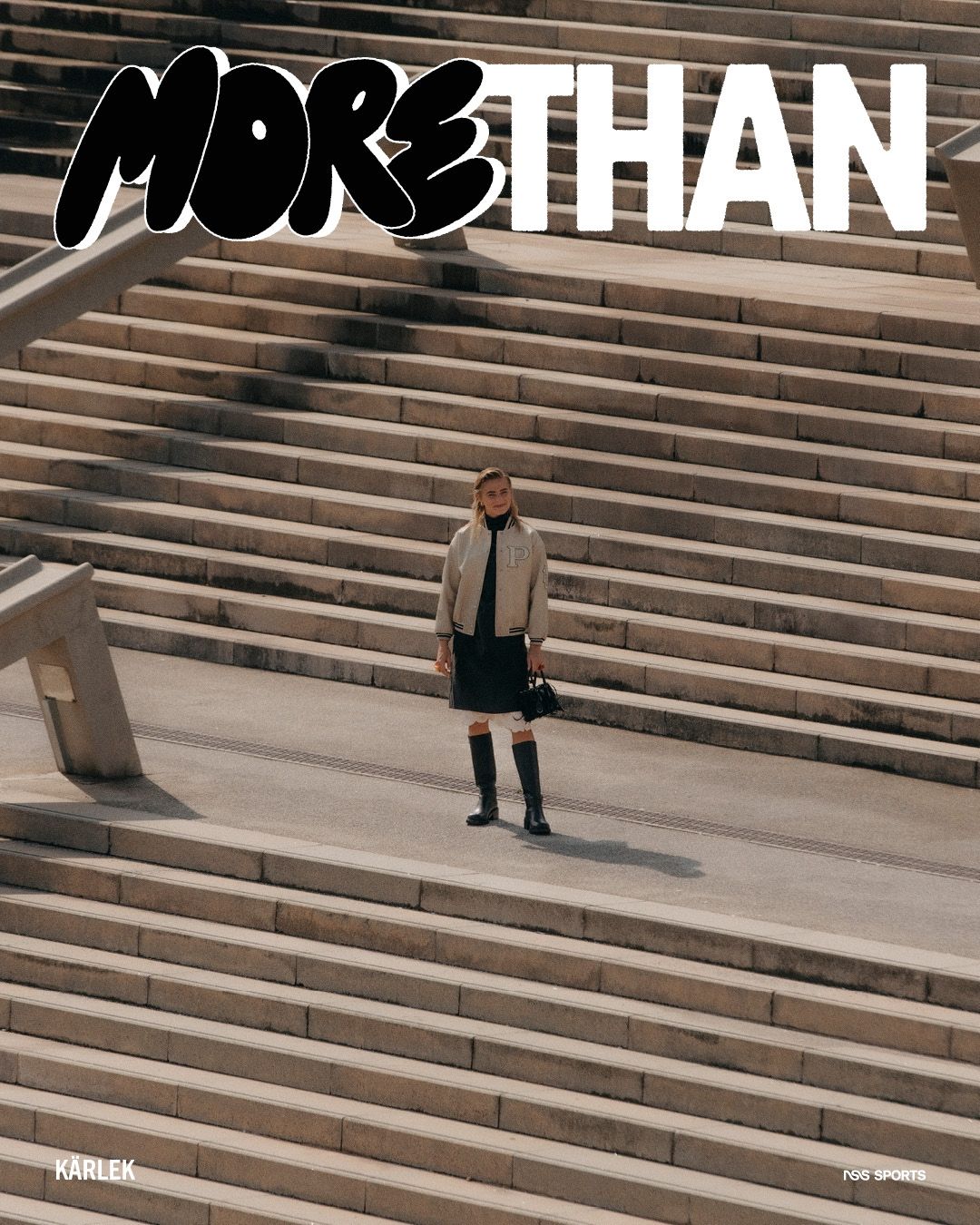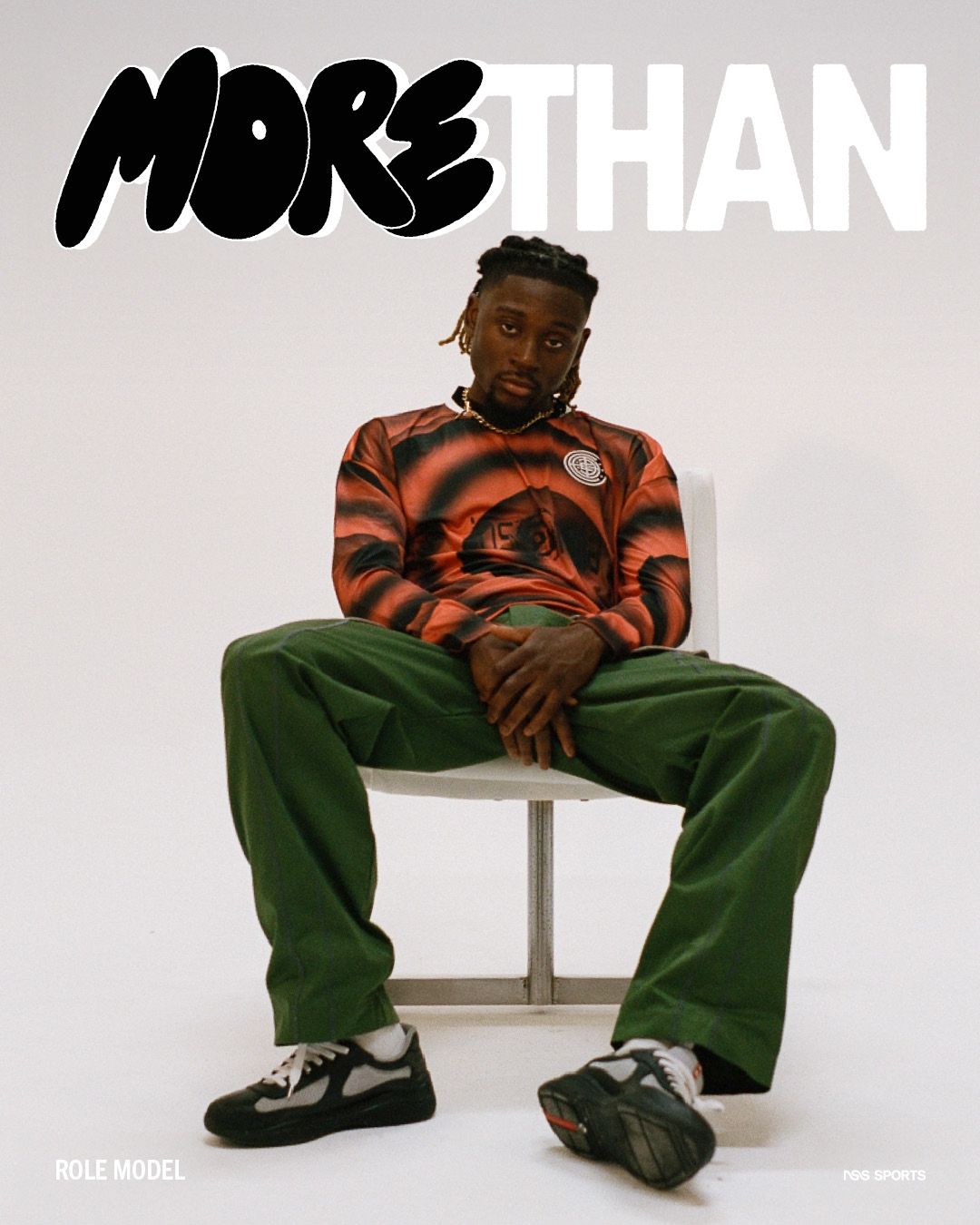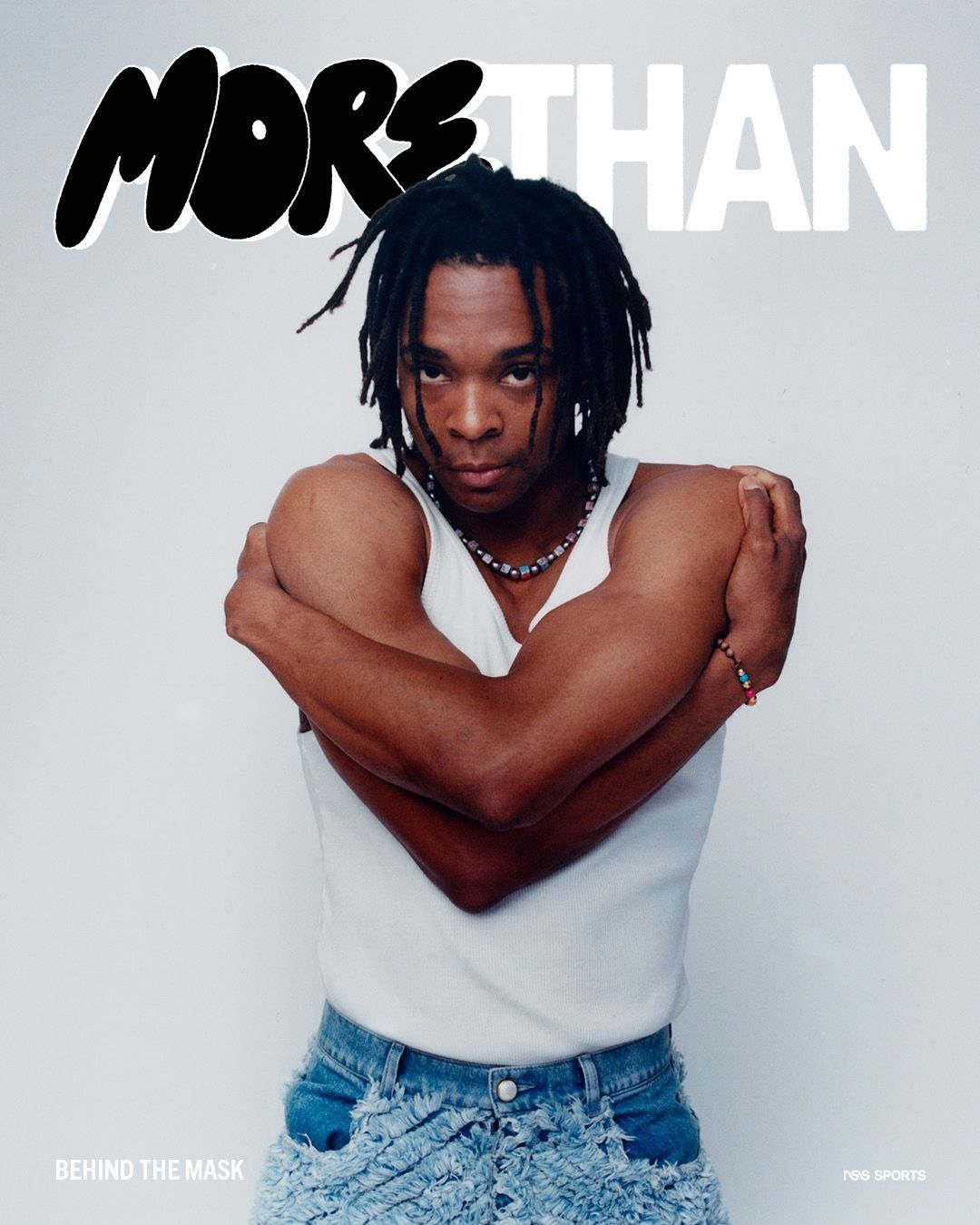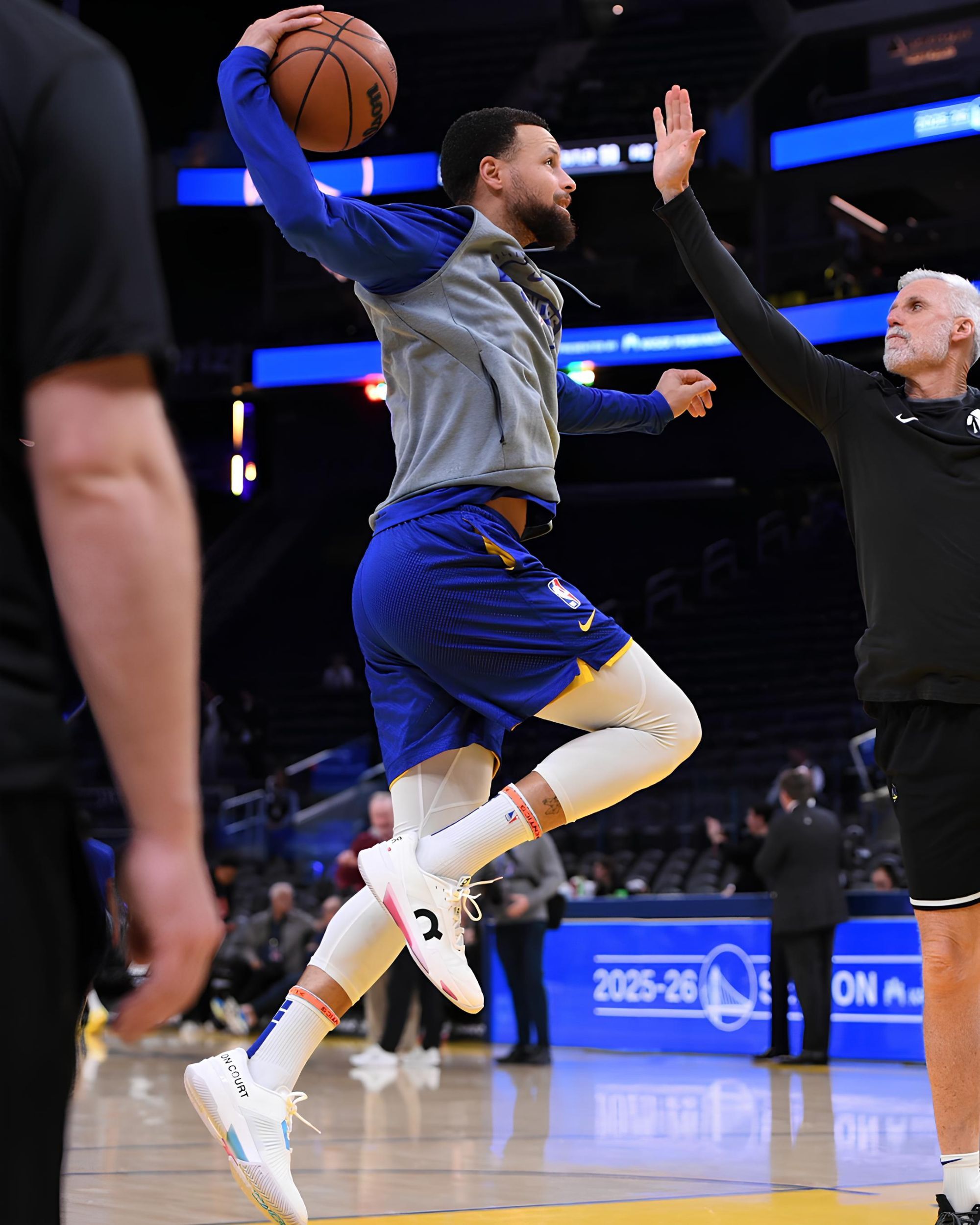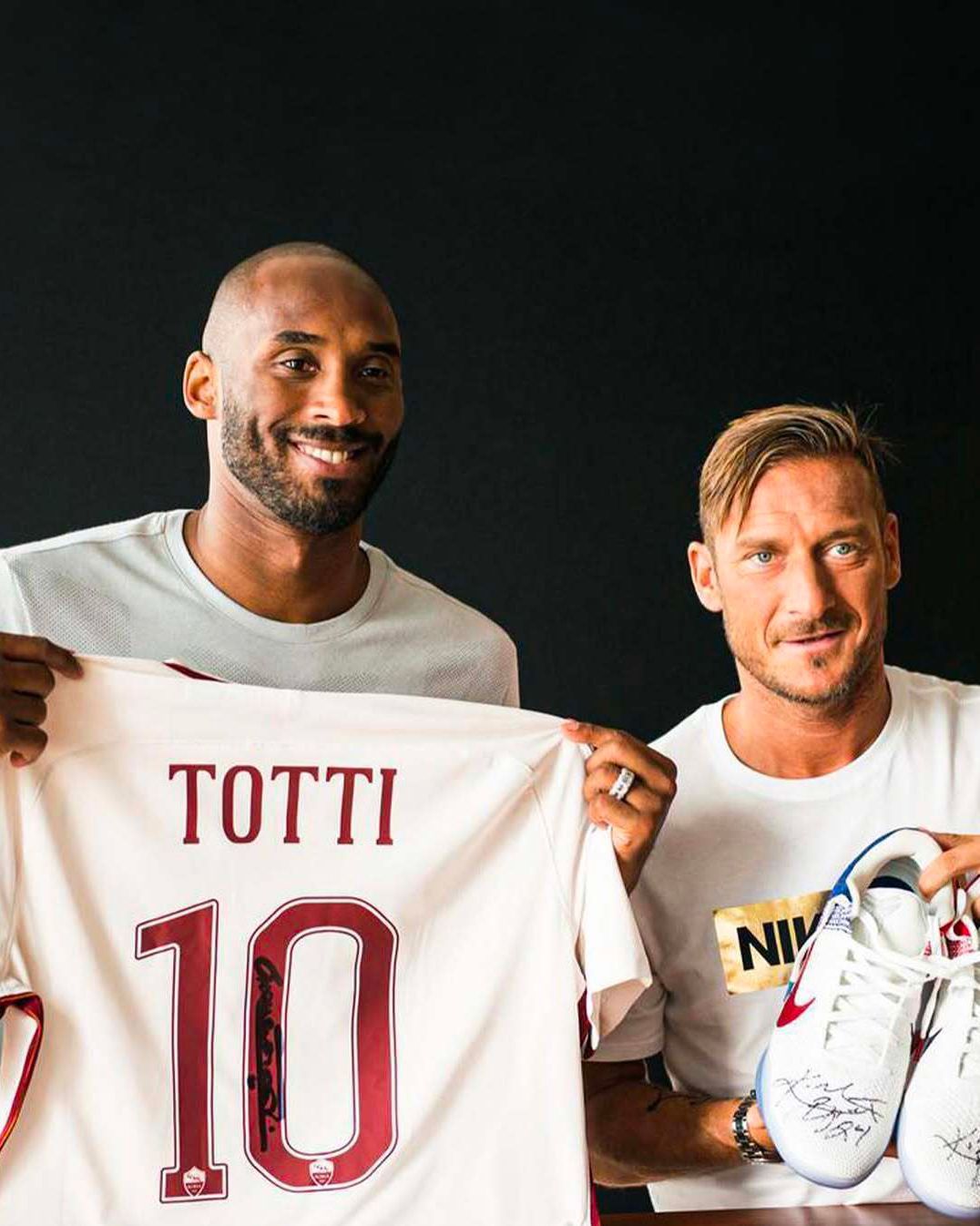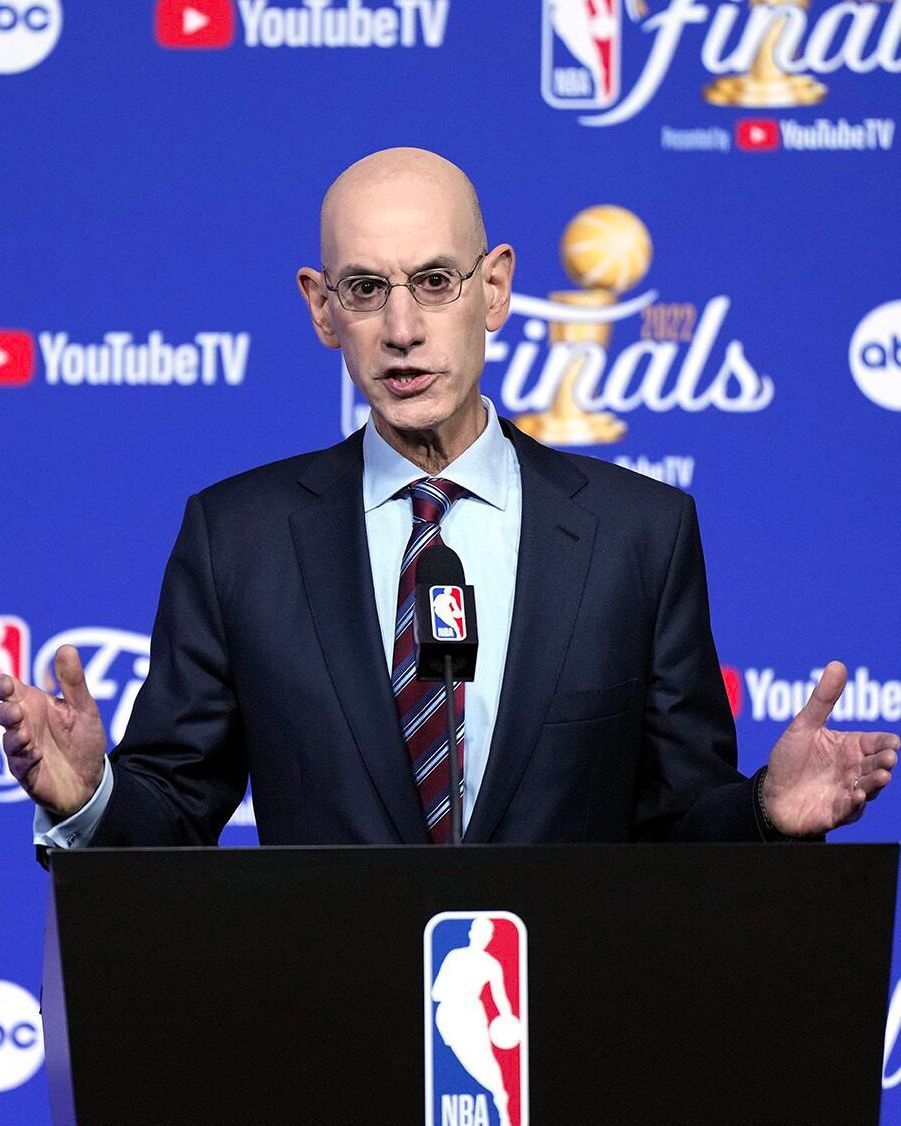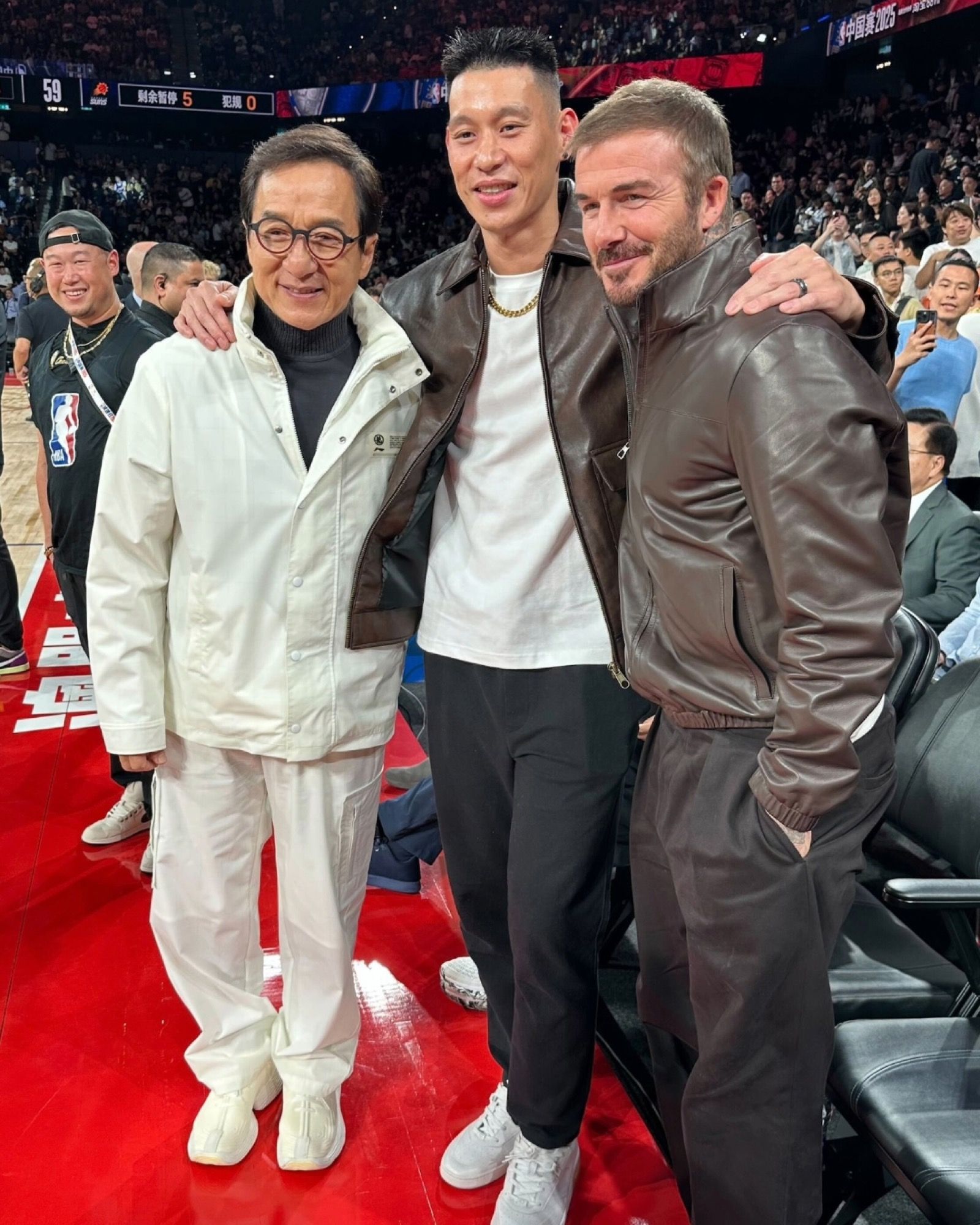
Los Angeles Lakers were sold for $10 billion Owning an NBA franchise is a privilege reserved for a select few
10 billion dollars. About 8.75 billion euros at the current exchange rate. That’s the out-of-this-world valuation of the Los Angeles Lakers set by the sale from the Buss family to Mark Walter. It’s the highest amount ever reached for a U.S. sports franchise, redefining the already astronomical growth seen over the past decade in the NBA. And it comes through a deal of enormous resonance, not only due to its sheer scale, which feeds into a trend that recently exploded with the sale of the Boston Celtics, but also because it marks the end of a nearly half-century-long ownership. The proverbial end of an era.
A new era for the Lakers
The Buss family took control in 1979, when Jerry Buss bought the franchise for approximately 68 million dollars, in a package that also included the NHL’s Los Angeles Kings, the Forum in Inglewood, and related real estate rights. This marked the beginning of one of the most enduring and successful ownerships in American sports. Not long after, Magic Johnson arrived, ushering in a new era for the Lakers and the NBA as a whole.
Under the Buss era, the Purple and Gold won five titles during the Showtime years and another five in the era of Shaquille O’Neal, Kobe Bryant, and Phil Jackson; all the way to the most recent championship with LeBron James and Anthony Davis in the 2020 Orlando bubble, and the recent arrival of Luka Doncic. In total, eleven banners raised over 45 years, transforming the Lakers into something that far exceeds basketball off the court—a brand that has become a status symbol and a cultural and commercial icon, with Hollywood celebrities front row at the Crypto.com Arena, formerly the Staples Center, and a style all its own.
@nba HISTORY MADE. LeBron James is now the NBA’s all-time leading scorer. #ScoringKing! #NBA #LeBronJames #LeBron #King #KingJames #NBAHistory #basketball original sound - NBA
According to Forbes, until just a few days ago at least, the Lakers were the second most valuable franchise in the league, with an estimated worth around 6.5 billion dollars, behind only the Golden State Warriors. The 10 billion dollar figure from the deal, however, highlights how tentative such estimates can be. According to ESPN, the transfer to Mark Walter now awaits official approval from commissioner Adam Silver and company. The deal reportedly includes the Buss family retaining a minority stake of just over 15%, Jeanie Buss remaining as Governor, and other NBA-mandated guarantees of managerial continuity.
In 2023 and 2024, the Lakers recorded annual operating revenues exceeding 500 million dollars, among the highest in the league. Over 160 million comes from sponsorships, 120 million from tickets, season passes, and hospitality at Crypto.com Arena, plus the advantage of consistently being among the top NBA teams for global merchandise sales. This set of indicators prompted Mark Walter, already a 27% shareholder since 2021, to exercise his right of first refusal and acquire the majority stake. He is no stranger to the public, being the owner of MLB’s Los Angeles Dodgers since 2012, and involved in other sports ventures including European soccer (Chelsea and soon Udinese), the WNBA (Los Angeles Sparks), tennis (Billie Jean King Cup), and Formula 1 with Team Cadillac.
The Boston Celtics’ sale
The recent change in ownership of the Boston Celtics had already shifted attention back to NBA franchise valuations and the enormous capital gains enjoyed by outgoing owners in recent years. It was impossible to ignore following the 6.1 billion dollar deal by which the Grousbeck family sold the Celtics to the buyer group led by Bill Chisholm. That sum set a new record in North American sports, surpassing the previous high set by the Washington Commanders in the NFL, although later eclipsed by the Lakers. In any case, it marked a great conclusion, with a +1,600% return for the Grousbeck family, who bought the franchise in 2002 for 360 million.
The intent to sell the Celtics had been previously announced by Wyc Grousbeck on behalf of the Boston Basketball Partners L.L.C., which includes Steve Pagliuca, who reportedly attempted to increase his share. Initially, the sale was expected within 12–18 months, but it took less time. The deal with Bill Chisholm, co-founder of California private equity firm Symphony Technology, along with partners Rob Hale, Bruce Beal Jr., and Sixth Street Partners, as reported by ESPN, is structured in two phases. In the first, through 2028, the consortium acquires 51% and thus governance of the Celtics, while Grousbeck remains CEO; the full handover will conclude in 2028, under agreed-upon terms for the remaining shares.
Like the Lakers, the Celtics are among the most global brands in the sports world, part of the NBA’s financial elite, and generate staggering numbers. But the franchise value surge goes beyond L.A. and Boston, it’s collective and accelerating. It was discussed when Mat Ishbia purchased the Phoenix Suns in 2023 for 4 billion dollars, an unprecedented deal for the league and especially for Robert Sarver, who invested 402 million in 2004; or when Michael Jordan sold his majority stake in the Hornets, valued at around 3 billion, or when the Dallas Mavericks (3.5B) went to the Adelson family, and the Brooklyn Nets (2.4B) to Joseph Tsai.
Growth and ownership
All these figures reflect an unmistakable trend. At the turn of the millennium, the average franchise value hovered around 210 million dollars, nearly doubled by 2010 (about 380 million), and then exploded: 1.1 billion in 2015, 2.1 billion in 2020, 4.6 billion today. Driving this is the league’s economic structure, which in 2024 signed a 76-billion-dollar TV rights deal with ESPN, NBC, and Amazon. As The Athletic pointed out, this deal “defined the current size of the league,” globally comparable only to the Premier League and the NFL.
Of course, it’s not just about broadcasting. The NBA’s international brand expansion, increasingly widespread across all continents, has made each franchise an appealing global asset, while also multiplying the league’s revenues tenfold, from 2.5 billion annually at the start of the millennium to 12 billion today. Add to that the infrastructure, as shown by the new Los Angeles Clippers arena, new commercial streams, and the entire complex business ecosystem around an NBA franchise. The current ownership landscape speaks volumes about the league’s identity. The average ownership tenure is about seventeen years, with peaks like the Reinsdorfs in Chicago since 1985 or the Simons in Indianapolis since 1983. It's a far more stable environment than most sports leagues. Mapping the industries of origin, we find six franchises owned by tech entrepreneurs including Steve Ballmer (Clippers) and Ryan Smith (Jazz), six by private equity or investment groups like Josh Harris (Sixers) or Tony Ressler (Hawks), five by real estate entrepreneurs, and three from media and entertainment.
NBA made in U.S.A.
As mentioned, one thing remains constant: all teams are owned by American investors with strong industrial or territorial ties, including the new Lakers and Celtics owners. The sole international exception is the aforementioned Joseph Tsai, founder of Alibaba and owner of the Nets. Tsai is Taiwanese, but holds a Canadian passport and has lived in the United States for decades. The other 29 owners are all made in U.S.A., and that’s no coincidence. While soccer increasingly sees international ownership, the NBA does not. Even as its commercial reach expands rapidly, franchises remain exclusively in American hands: a seeming paradox that reveals much about the philosophy, structure, and model of American sports.
In 2023, Qatari capital entered the league’s coffers for the first time, via the Washington Wizards through Monumental Sports & Entertainment. But without any operational or governance influence, and with a limited 5% stake, in line with the NBA’s strict restrictions. Each ownership must be private, American, and approved by the Board of Governors, which includes representatives from all 30 franchises, and must hold at least 15% of the franchise’s shares. Since 2023, a provision was introduced allowing certain funds to acquire up to 5%, but only as passive investments. On one hand, this aims to preserve control of the game, avoiding external influence in the league’s sports, media, and social governance. On the other, there’s the belief that American sports franchises should remain anchored to the domestic market, for cultural reasons aligned with the U.S. sports model and territorial ownership rights, as well as strategic commercial and even political considerations.
Owning an NBA franchise, in short, is a privilege for the few. As of today, in the world’s premier basketball league, there’s no room for Middle Eastern sovereign funds, tycoons, or multi-ownership, along with all the pros and cons that come with them. “We believe it is important that those in control of our teams be responsible stewards of their respective franchises,” said Adam Silver. In the meantime, the Lakers and Celtics cases have significantly raised the bar, confirming that an NBA team is, now more than ever, a truly exclusive luxury. And those who were aboard early are grateful.


